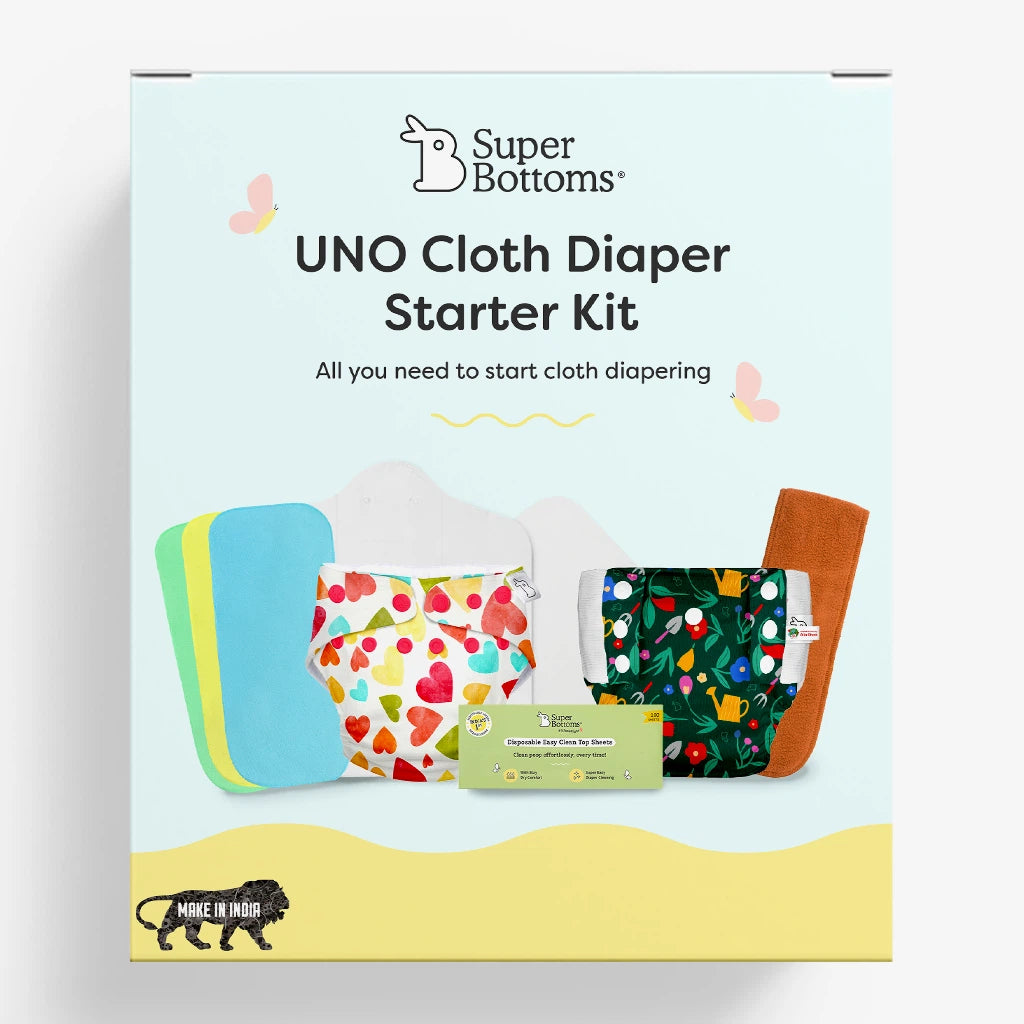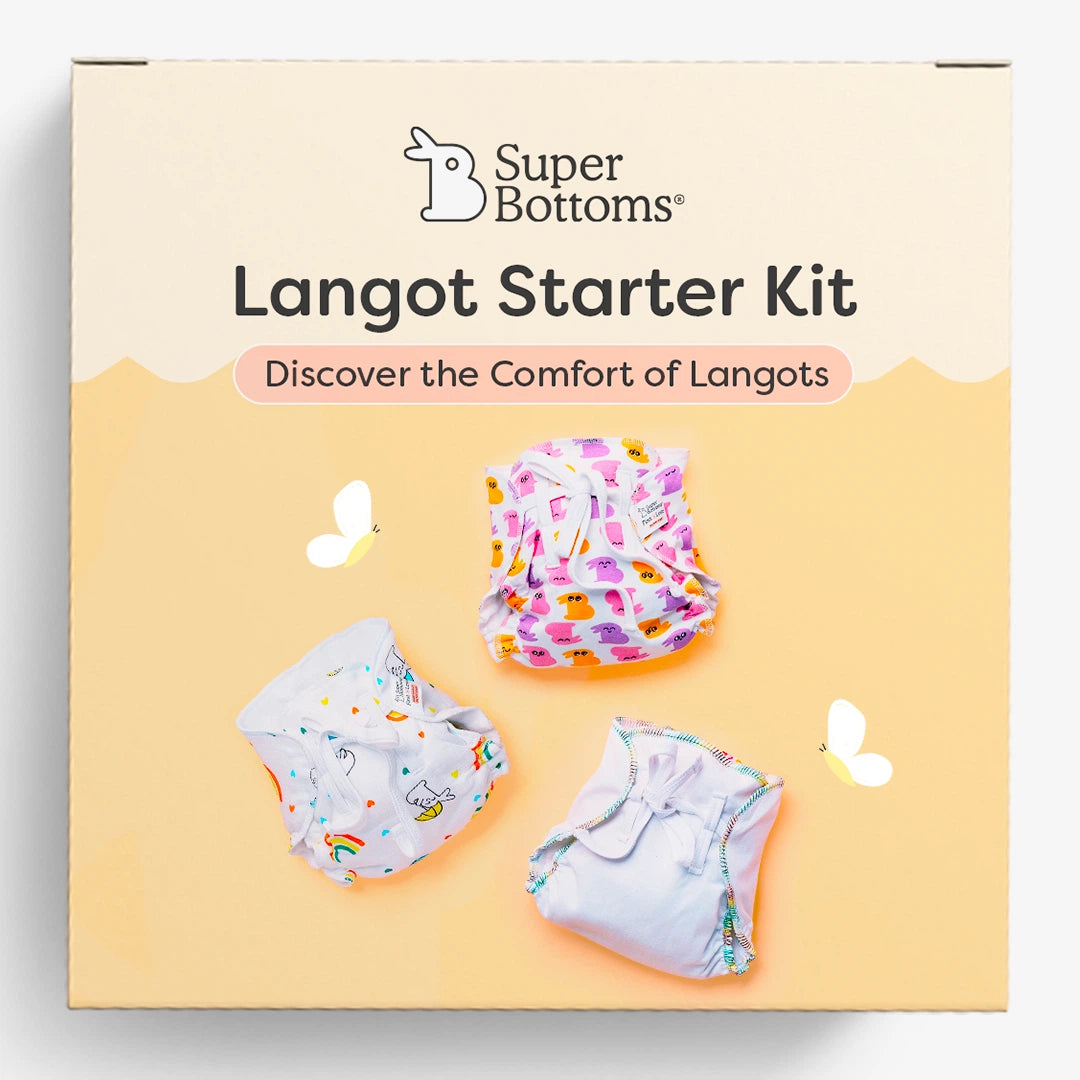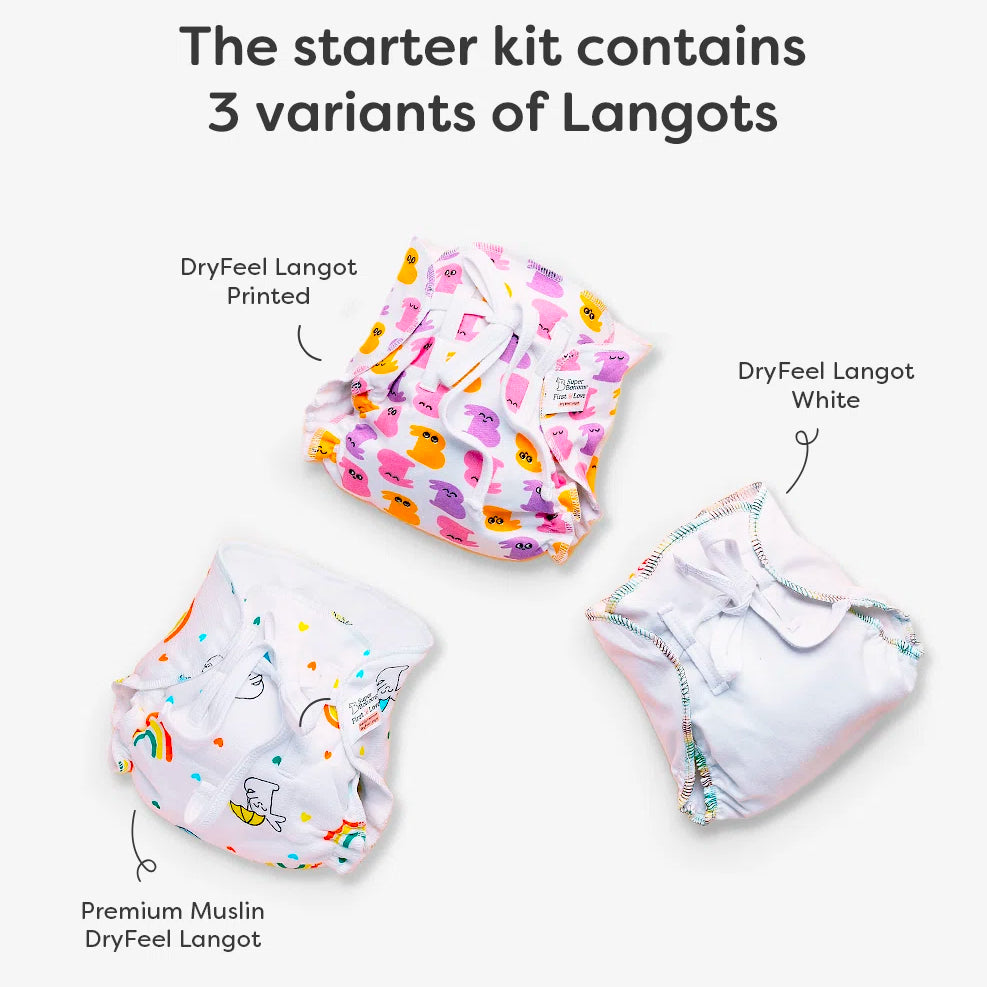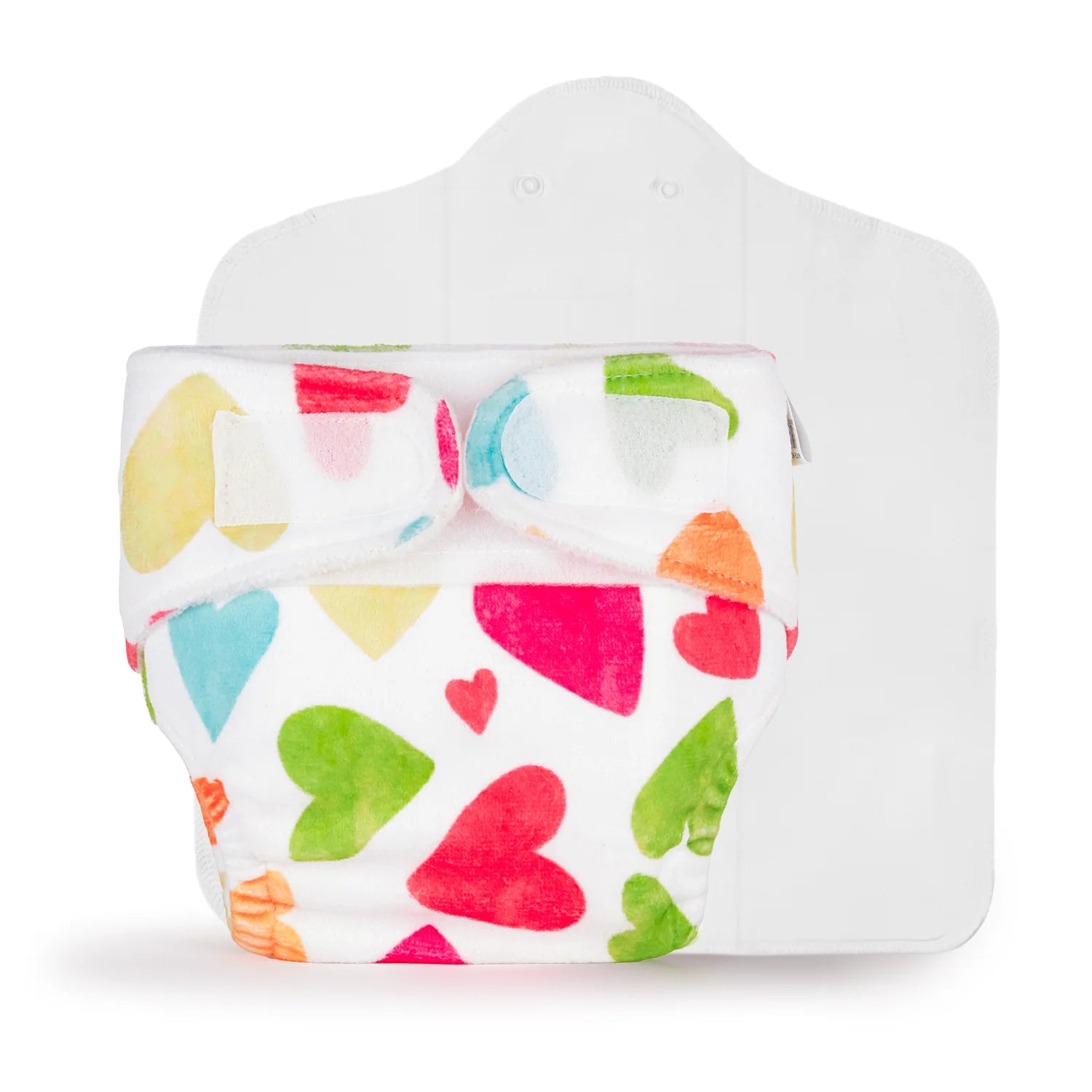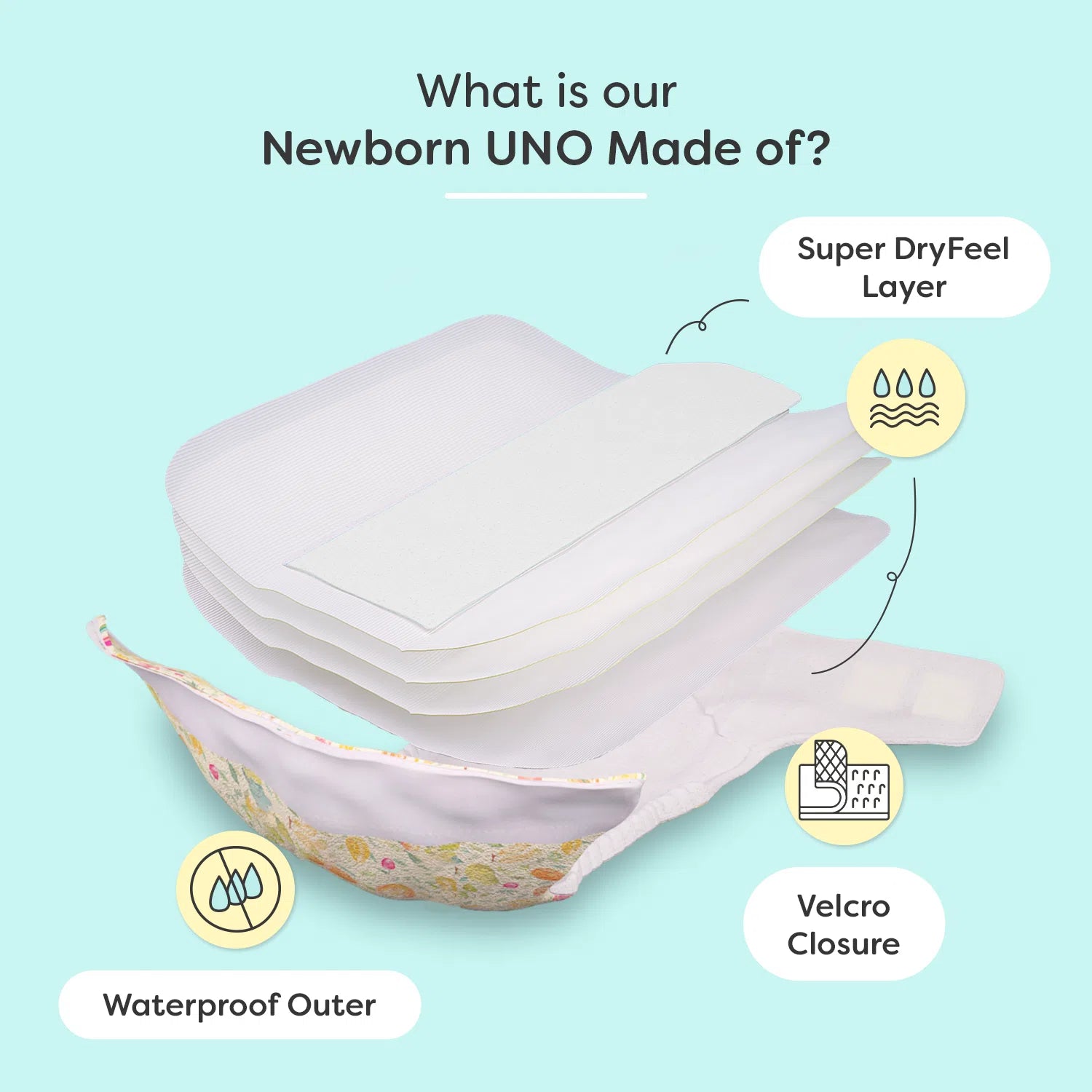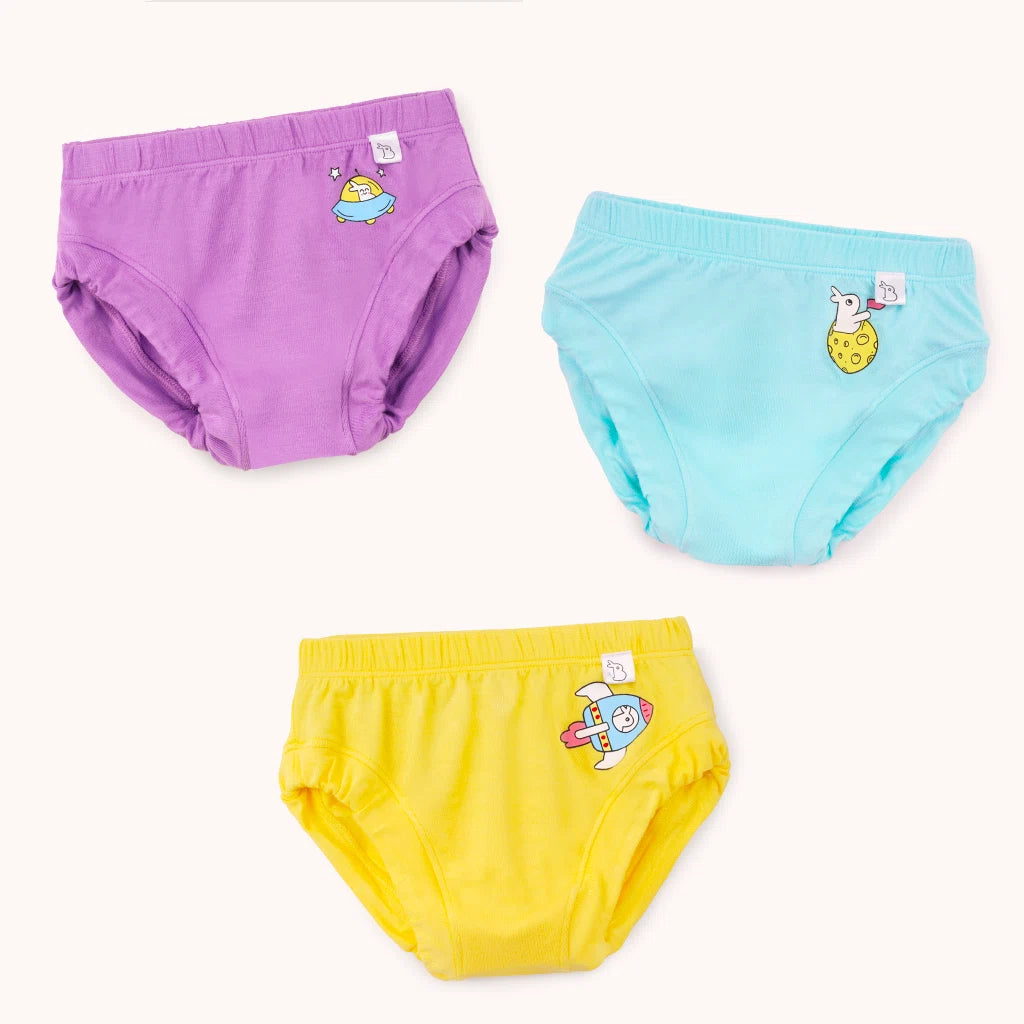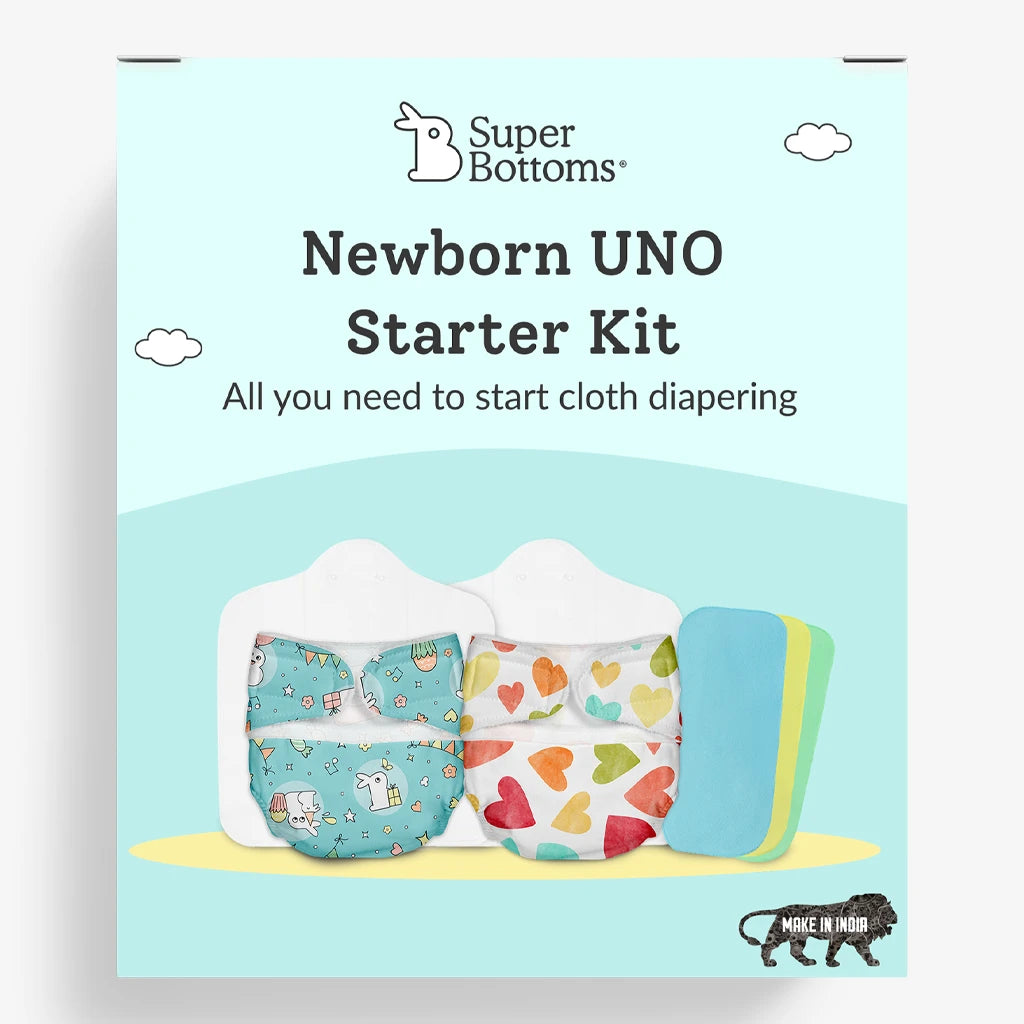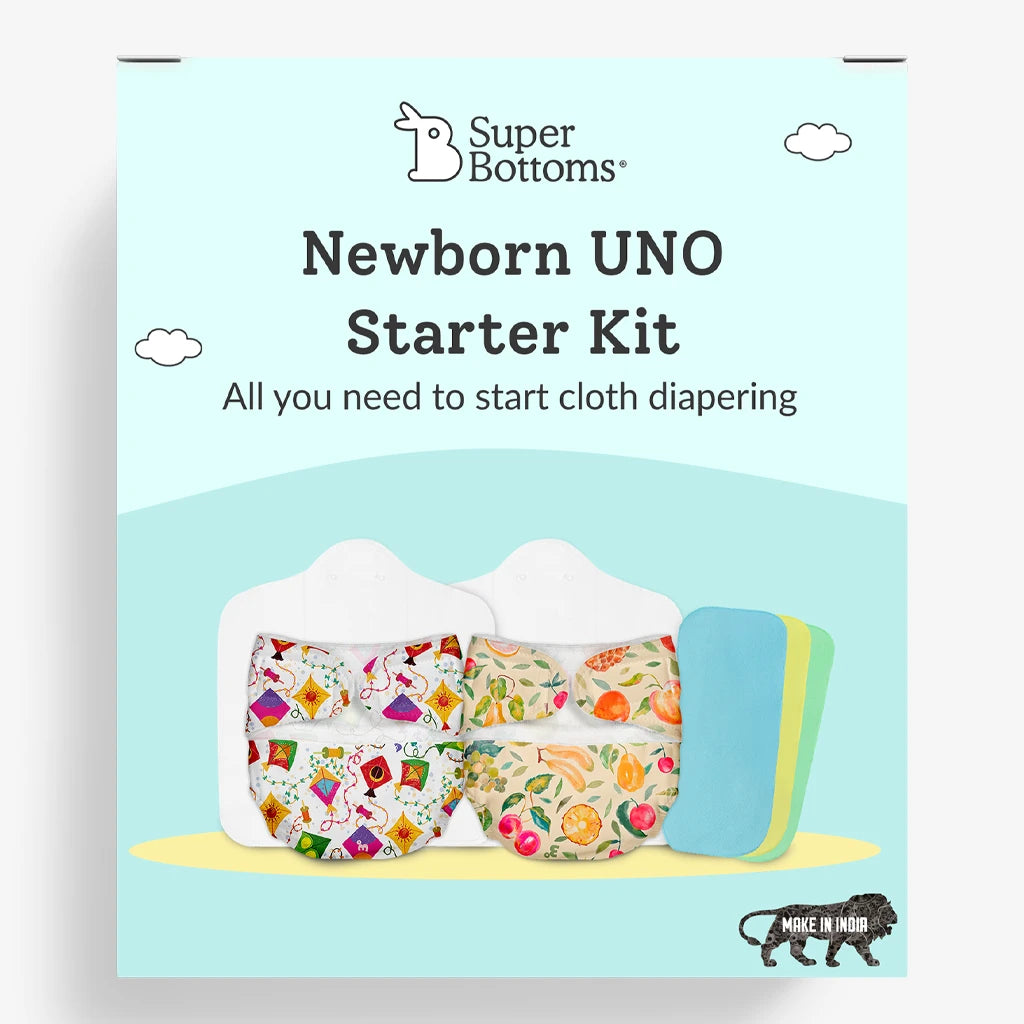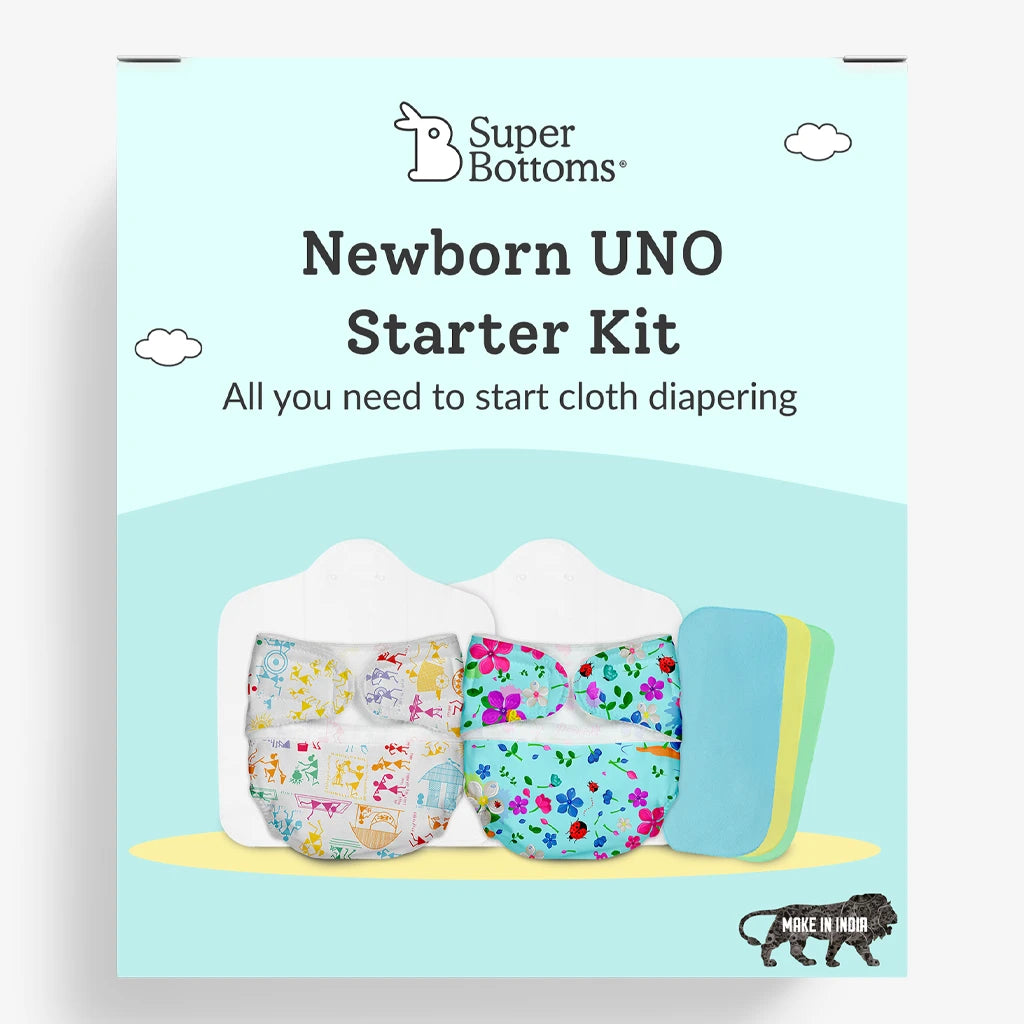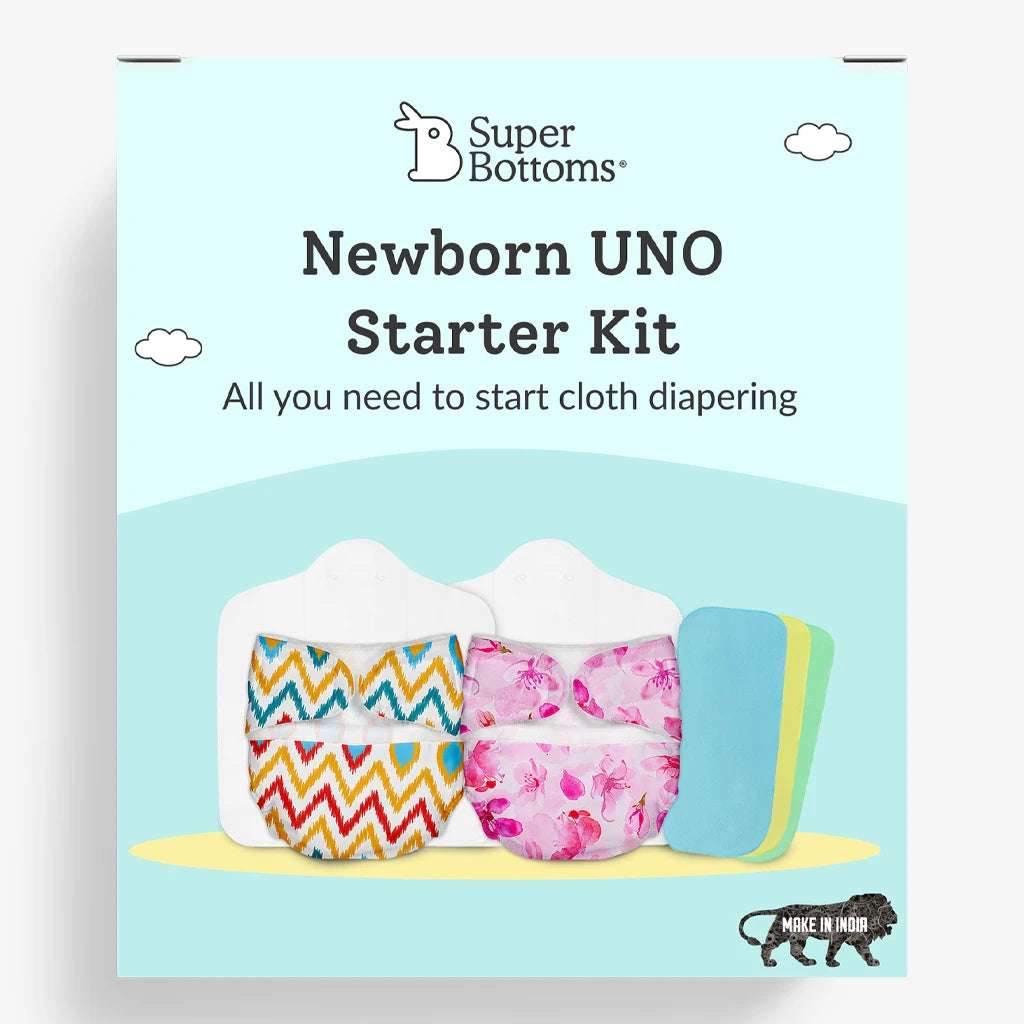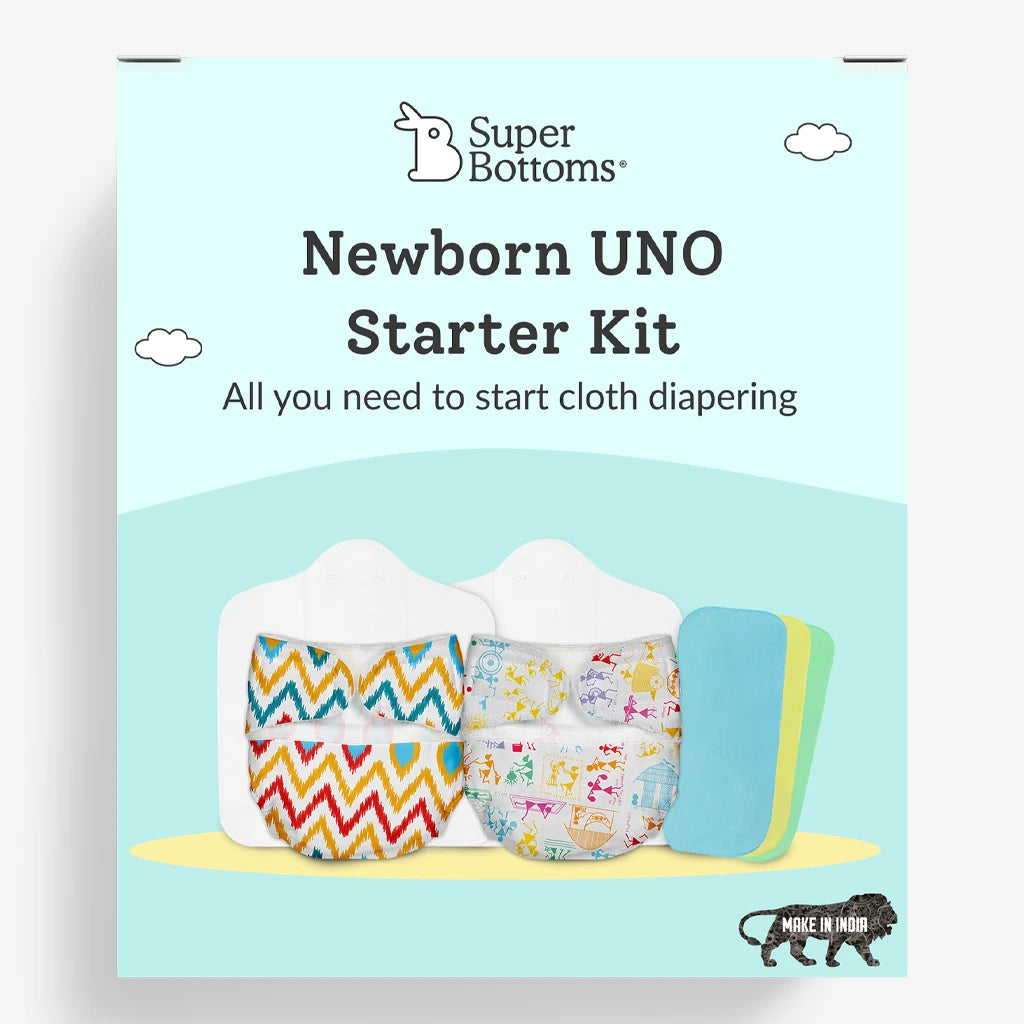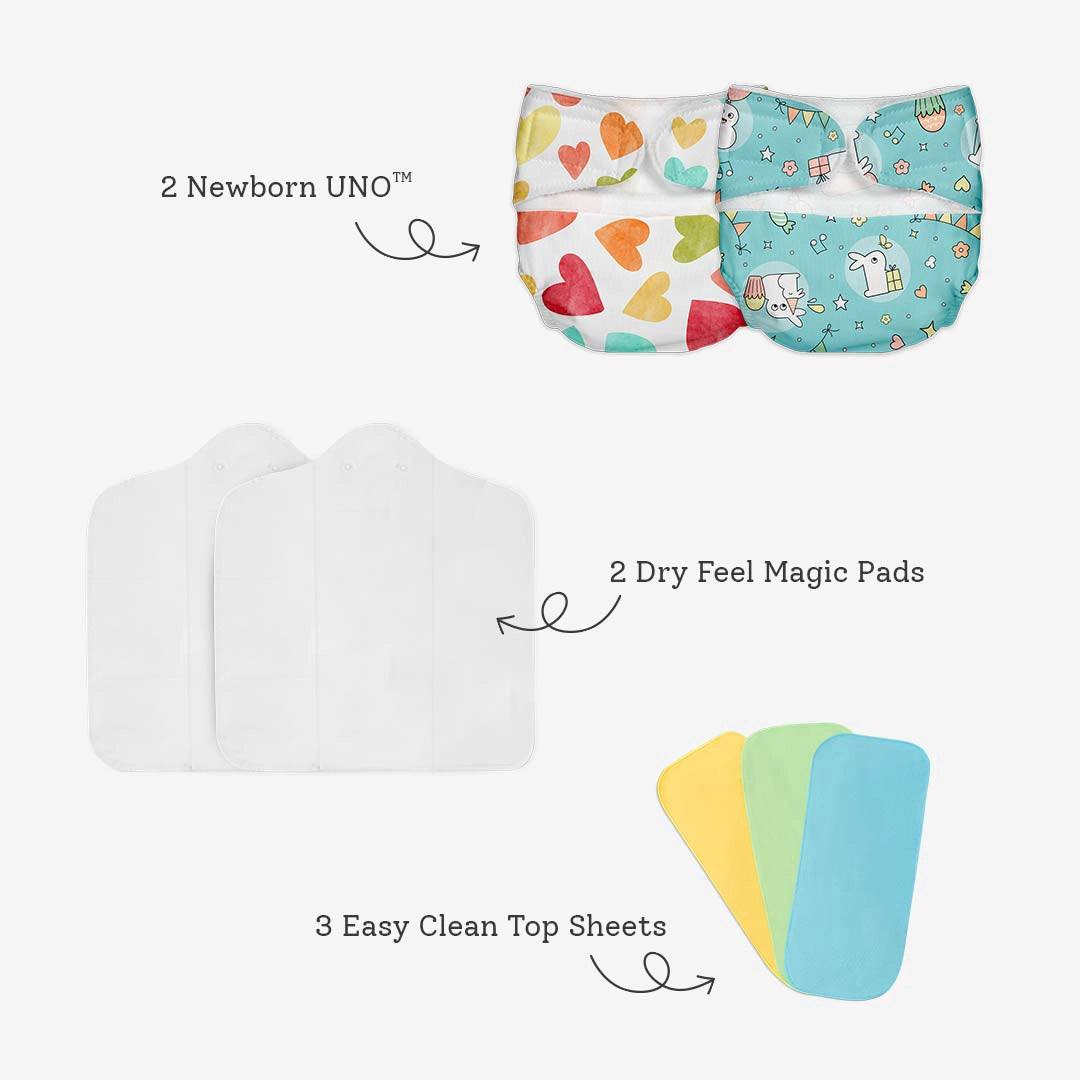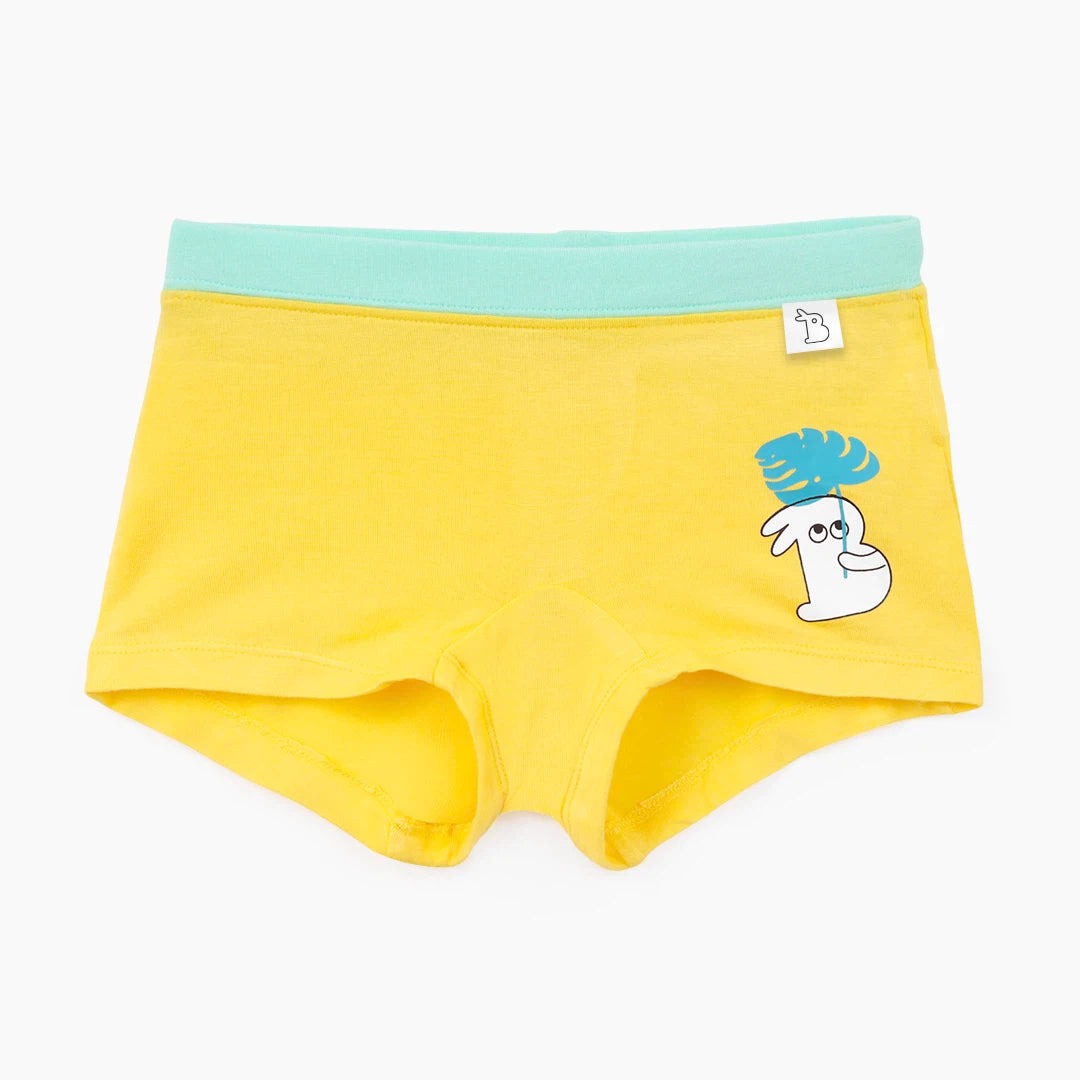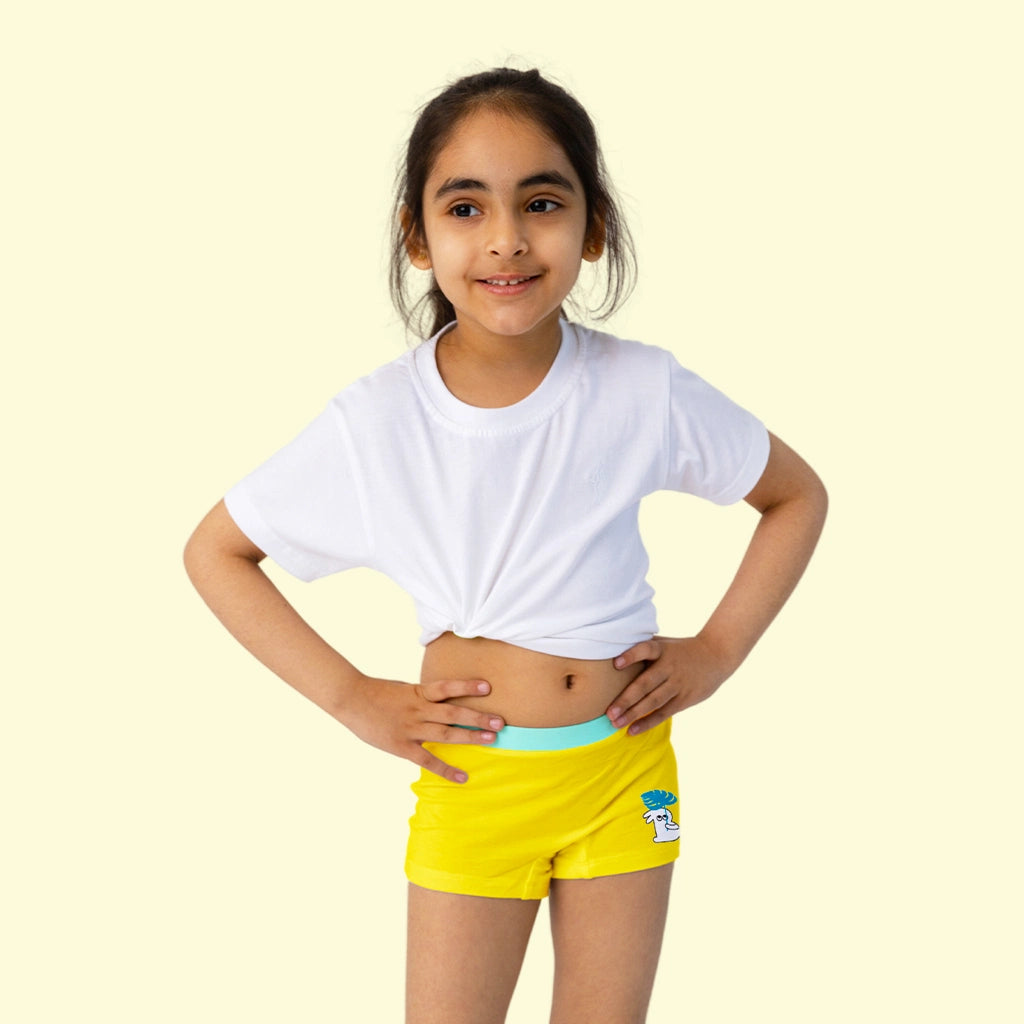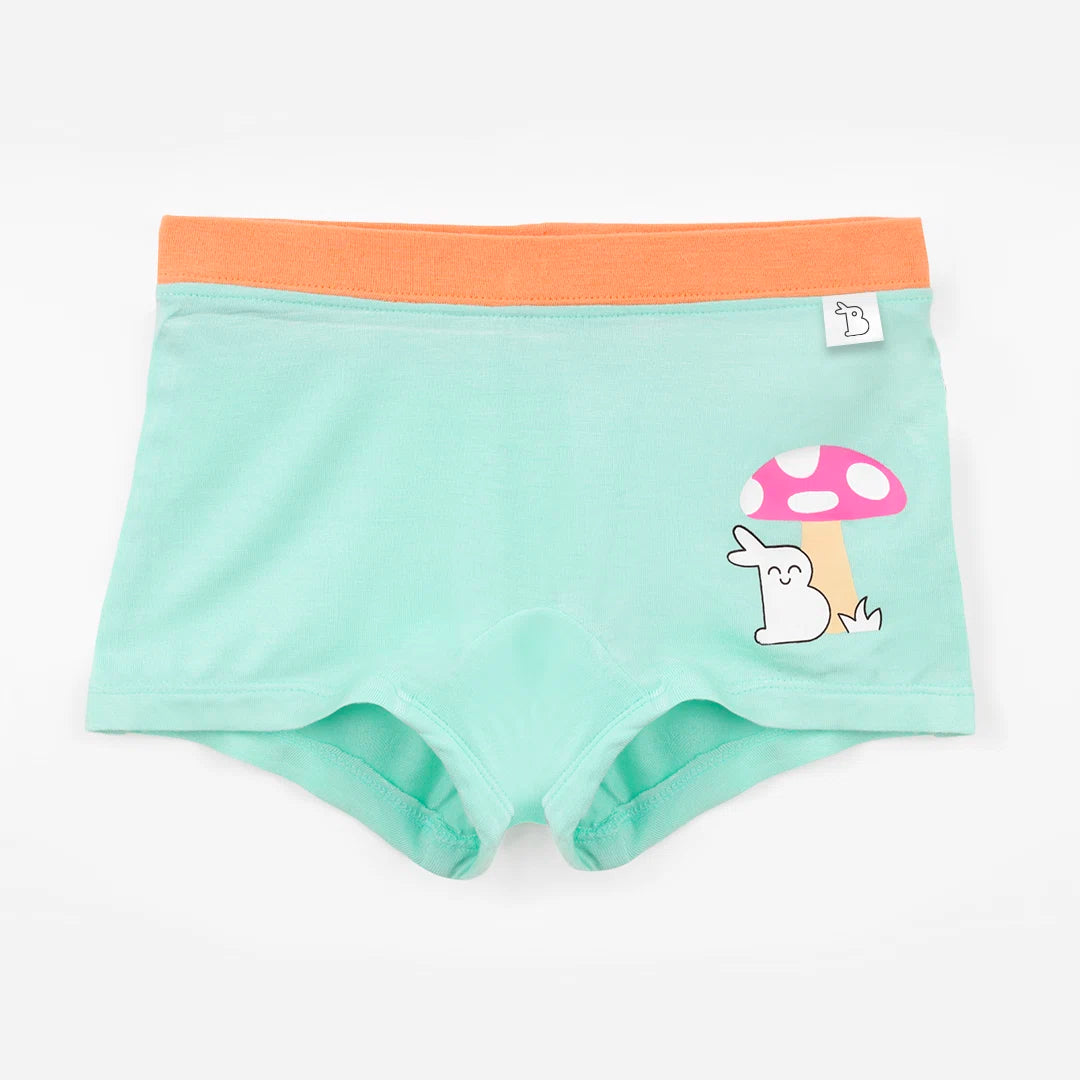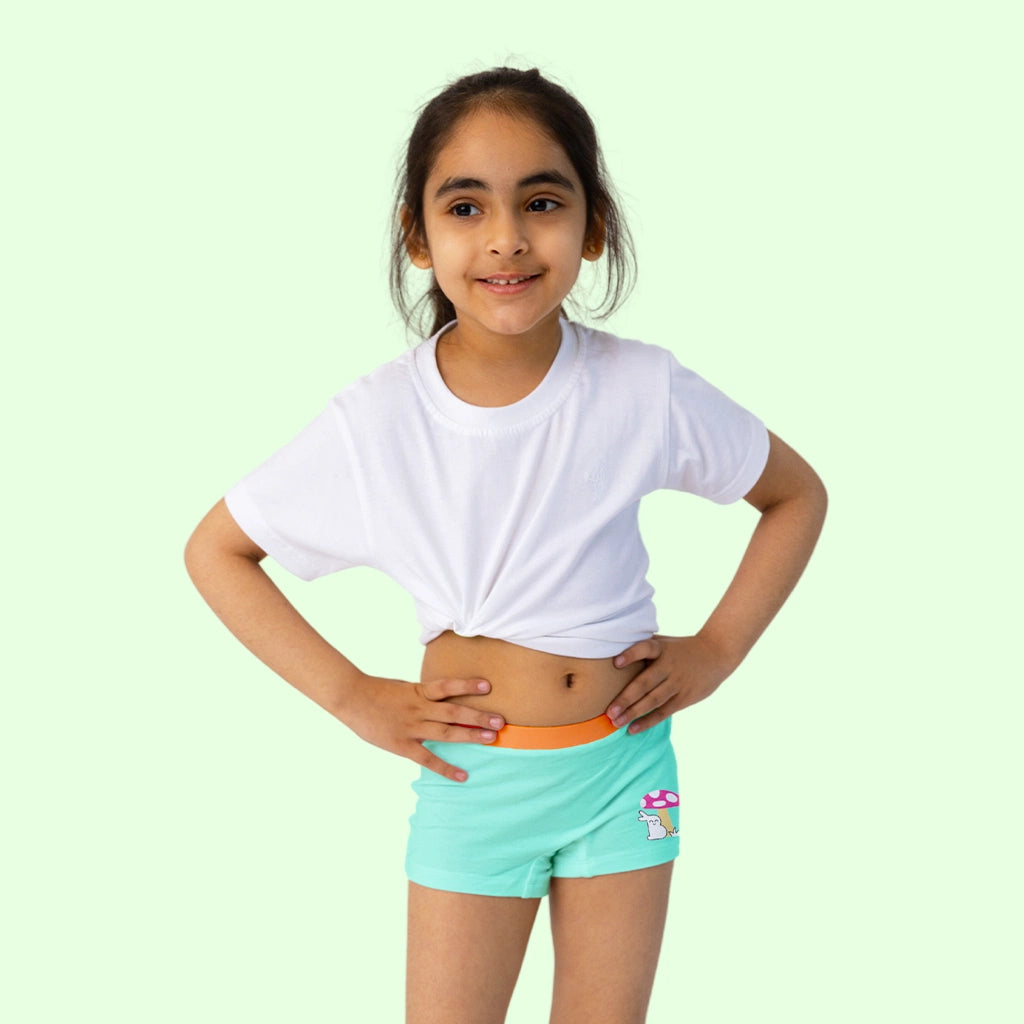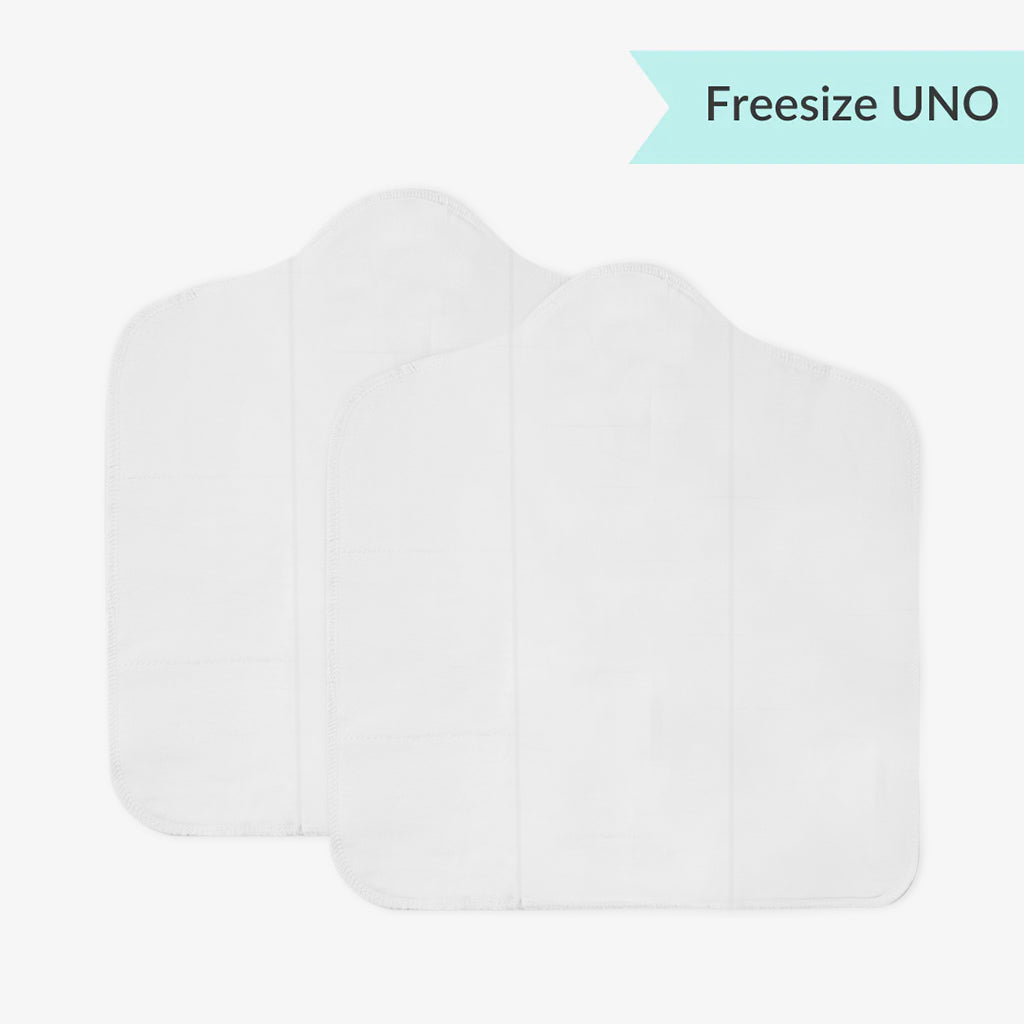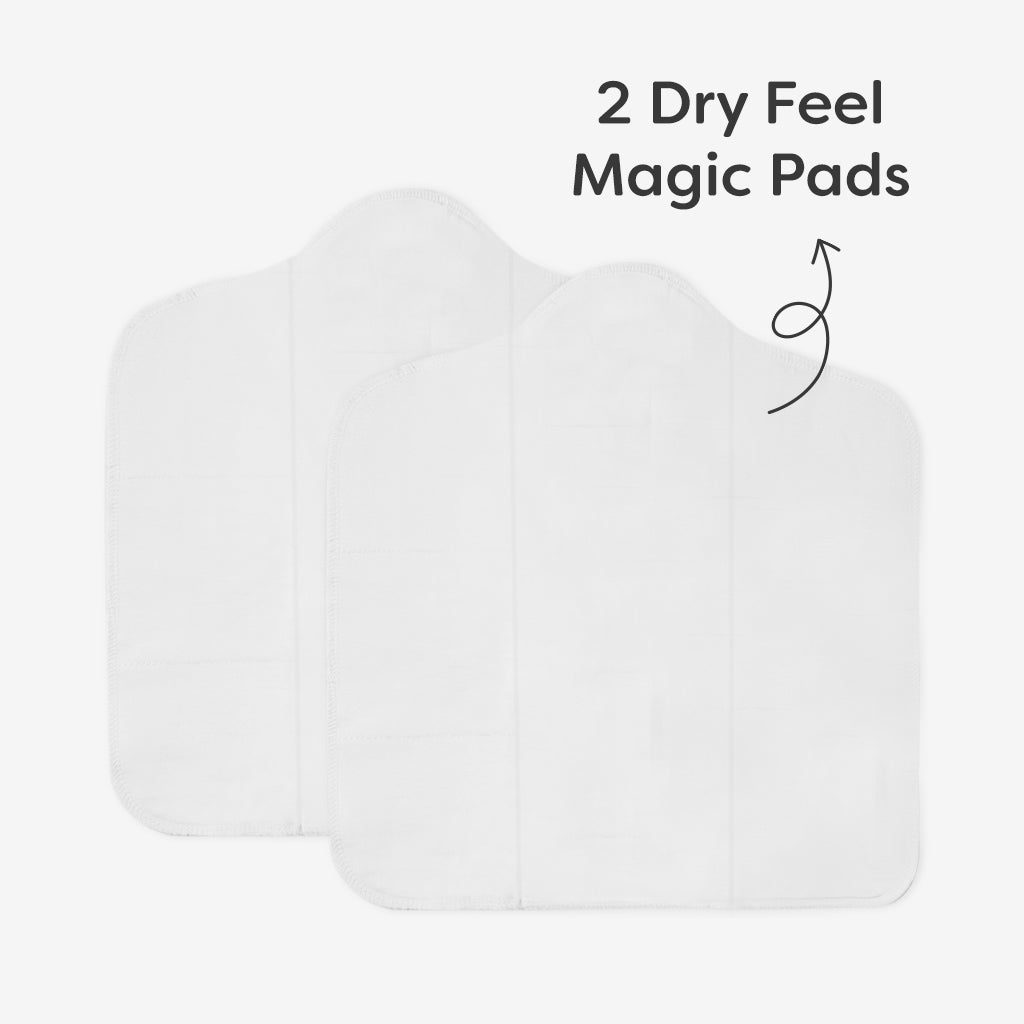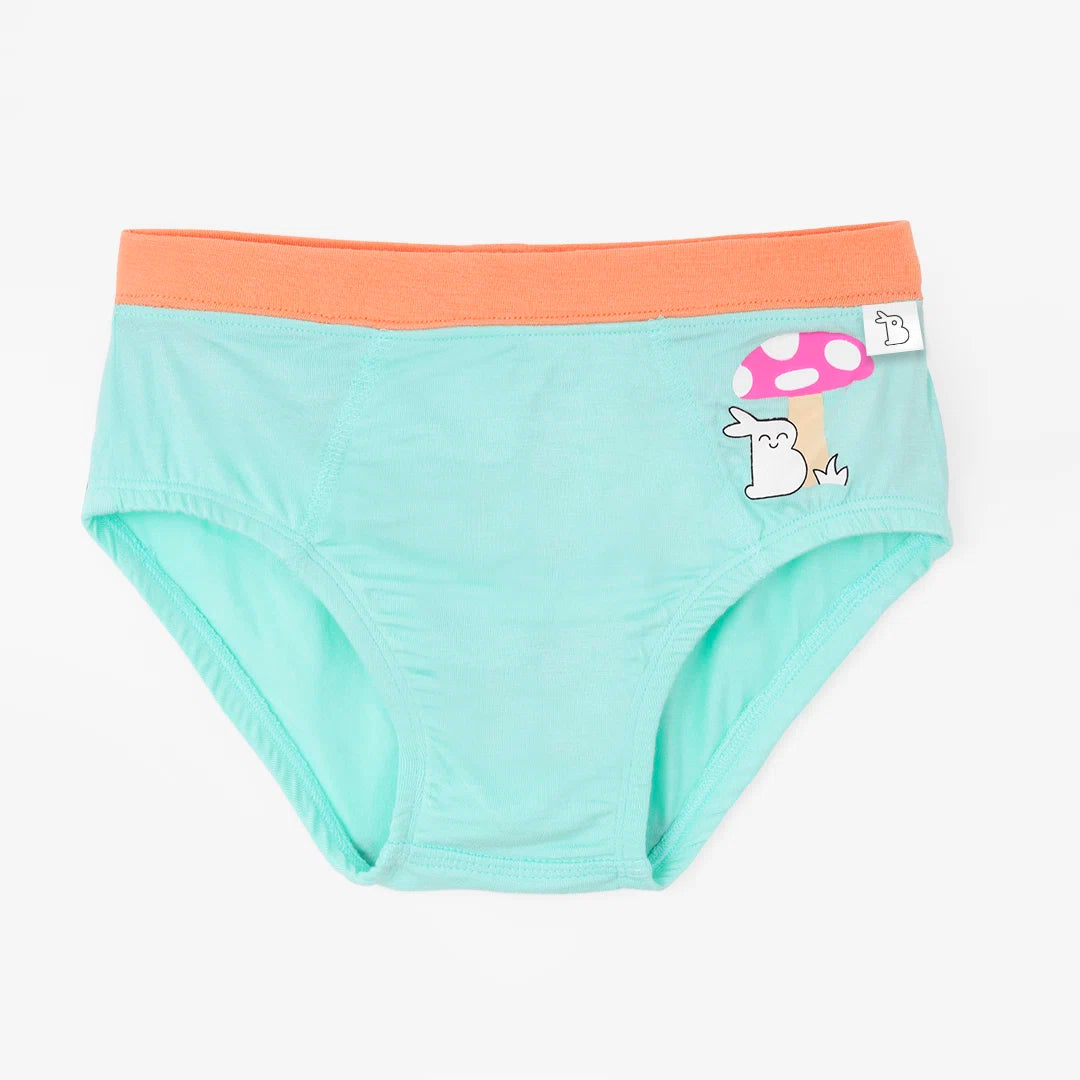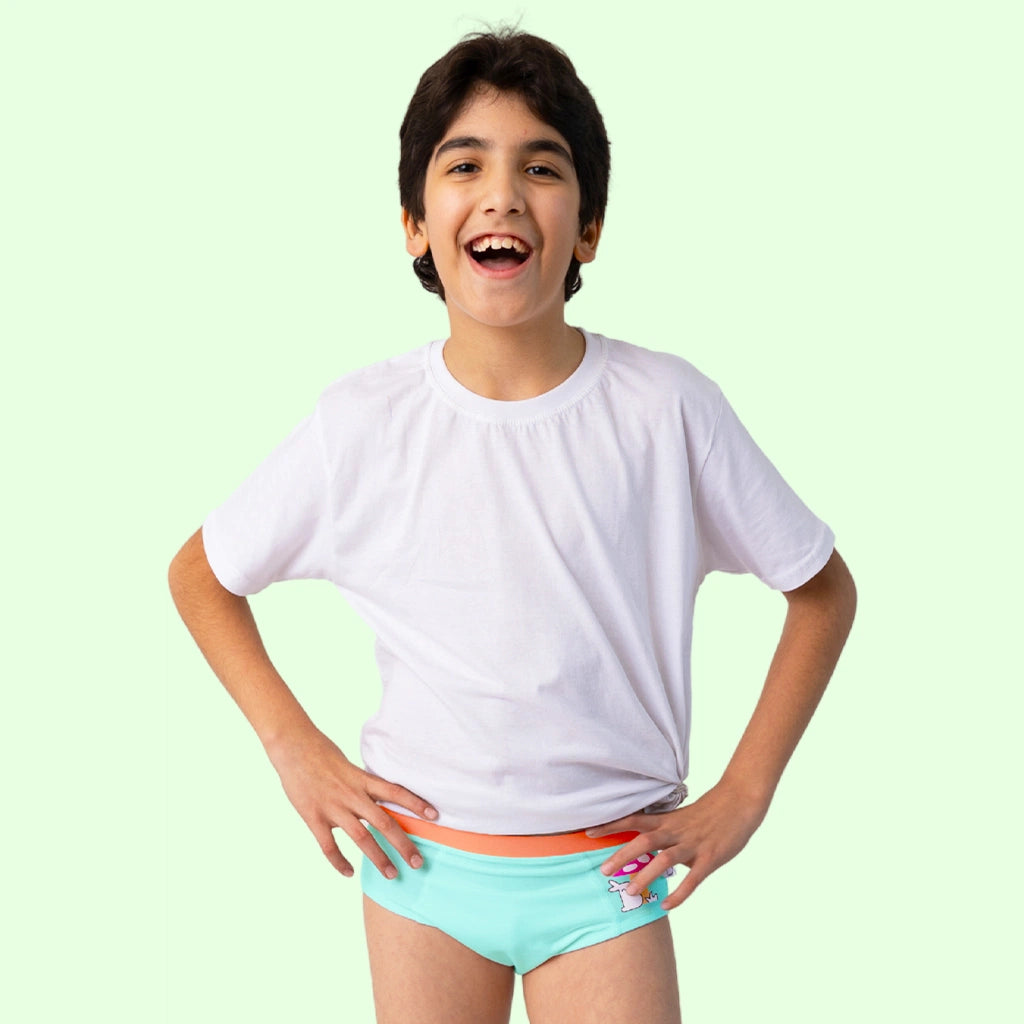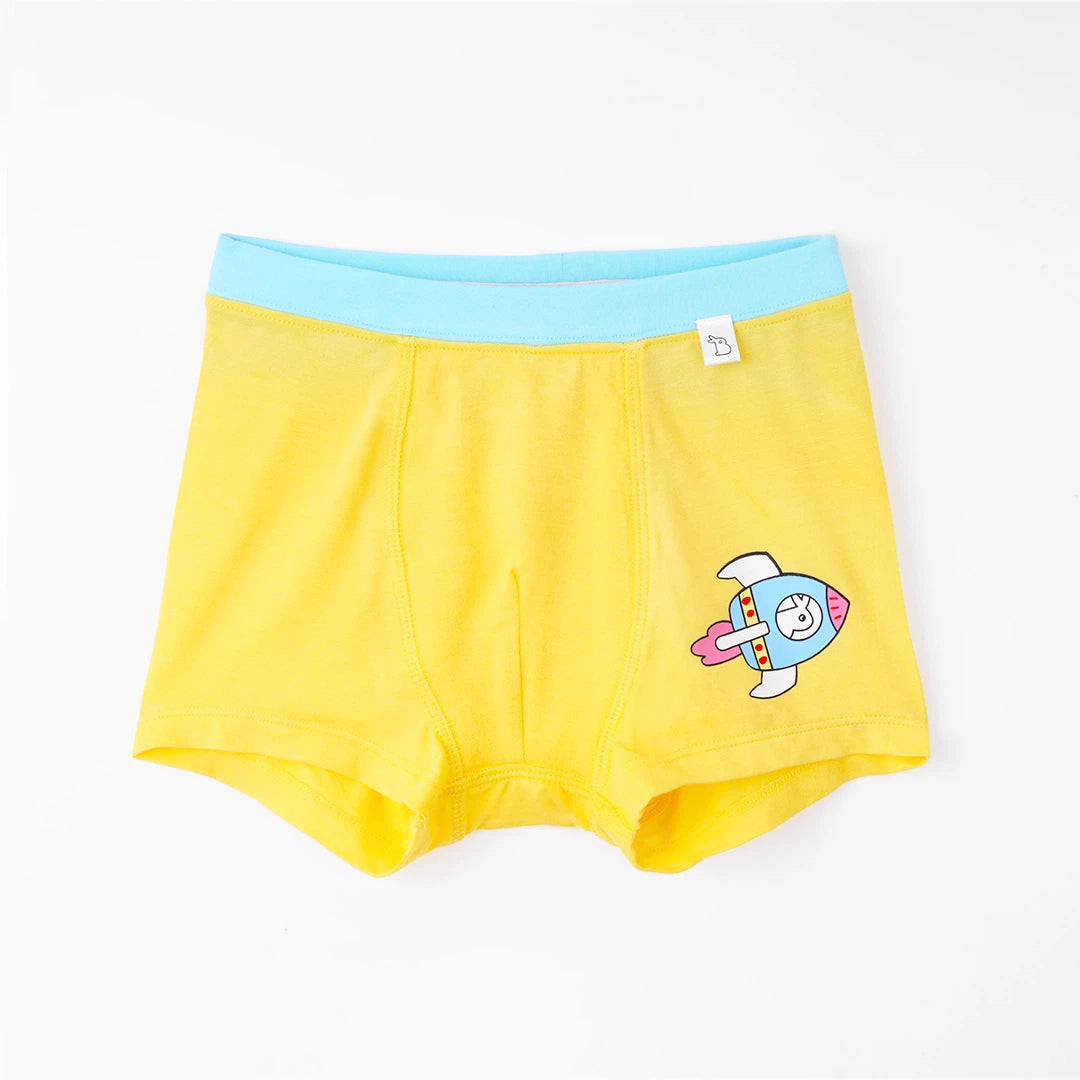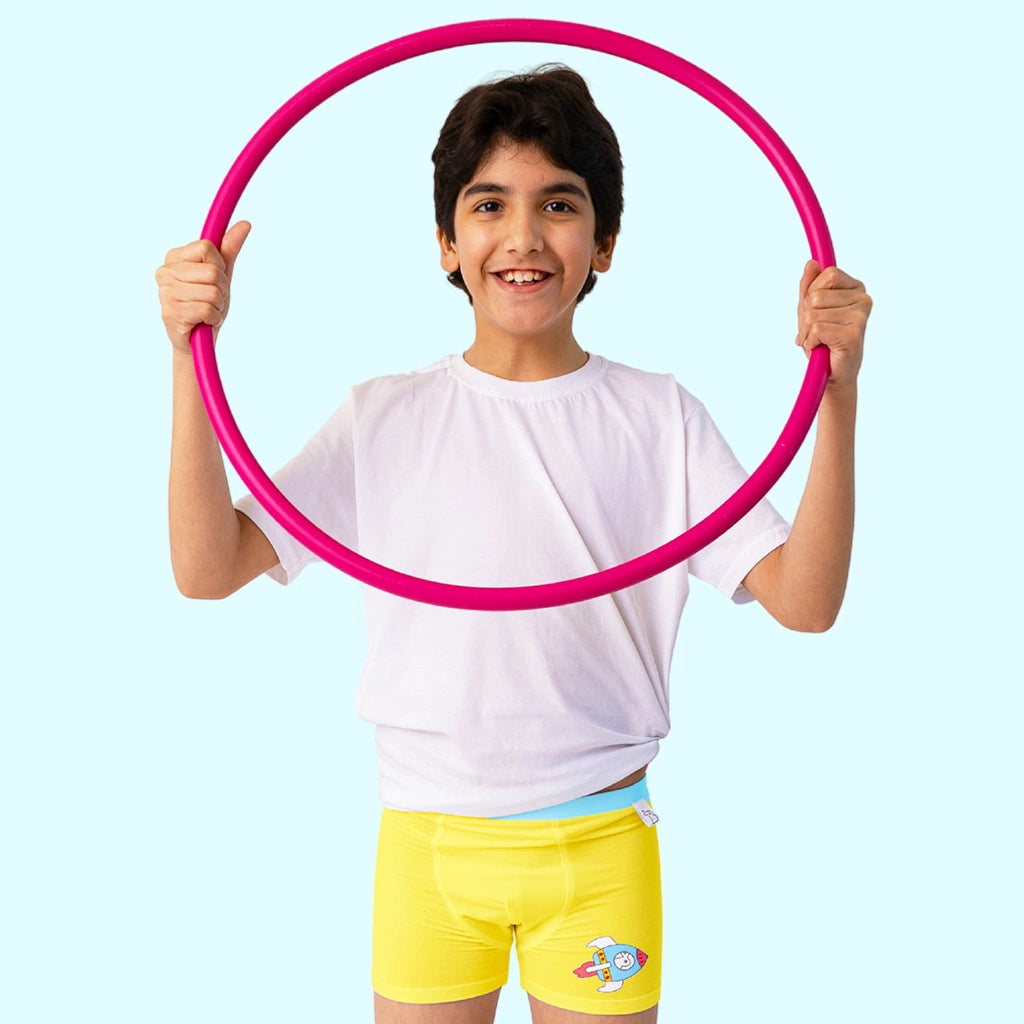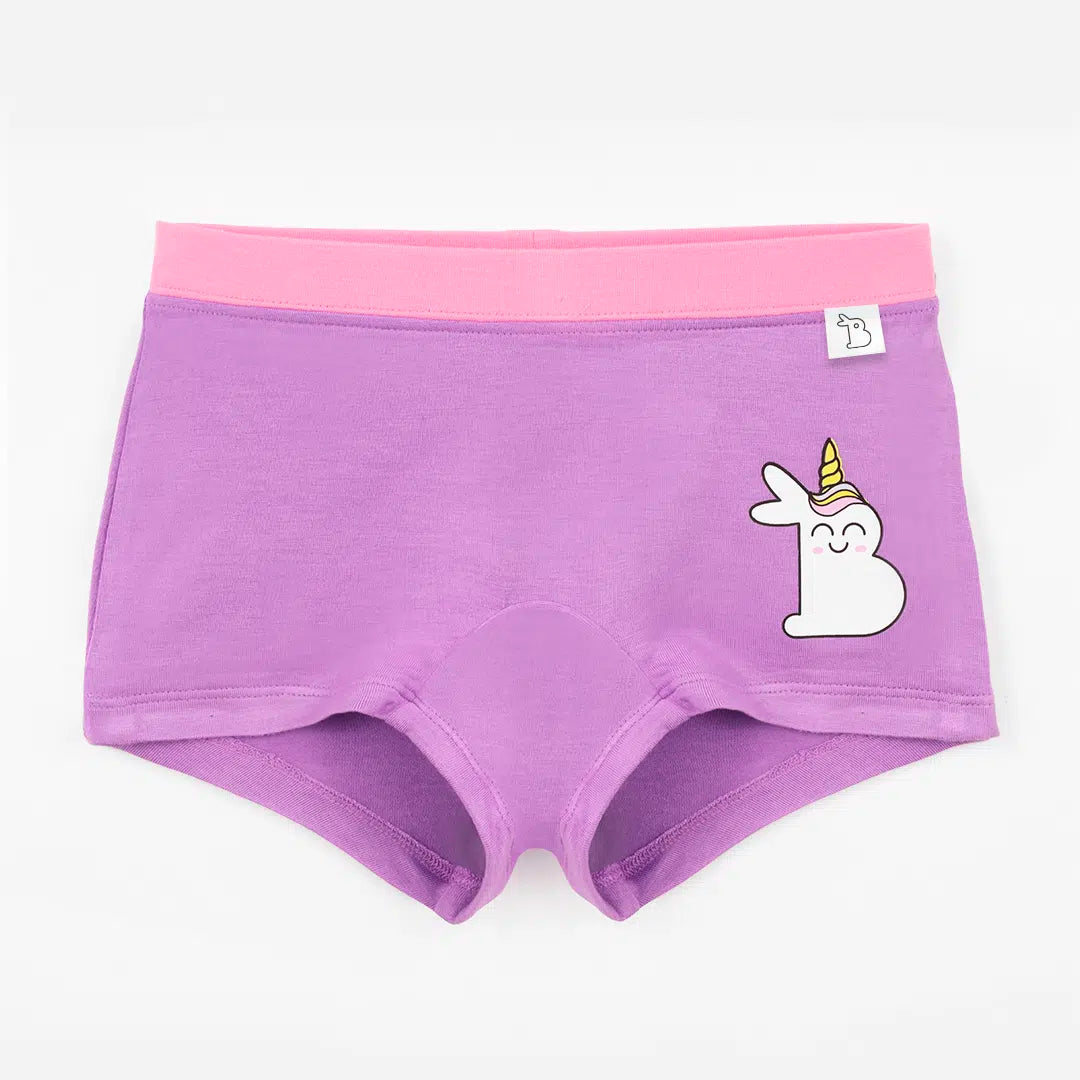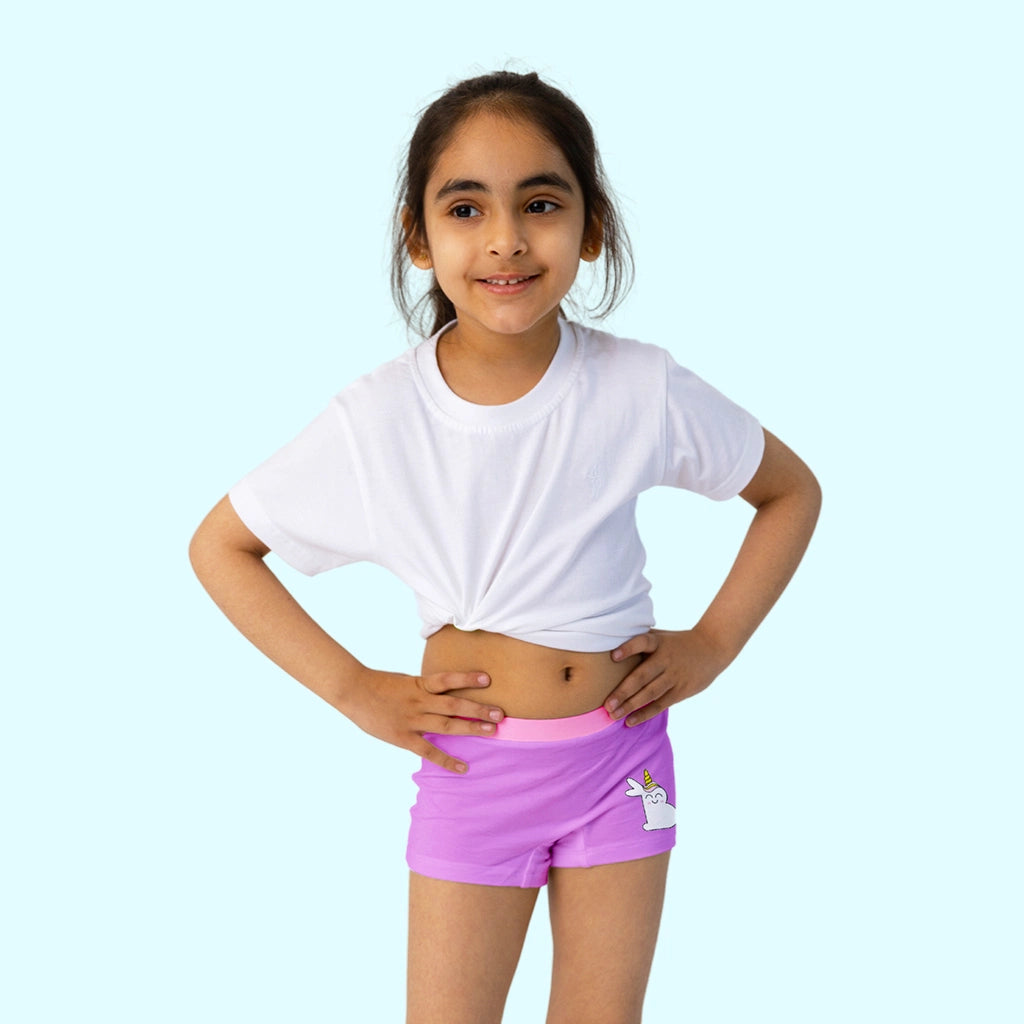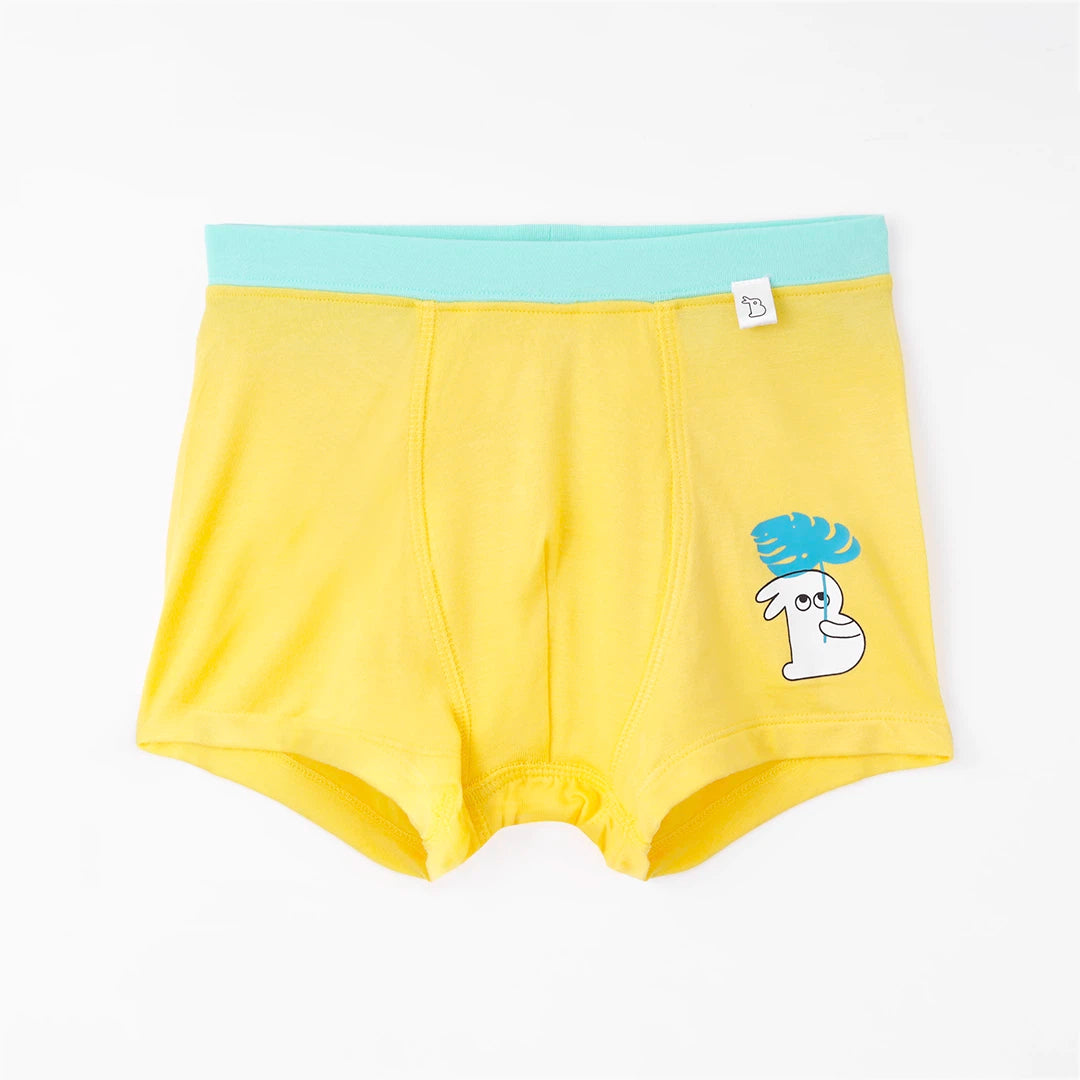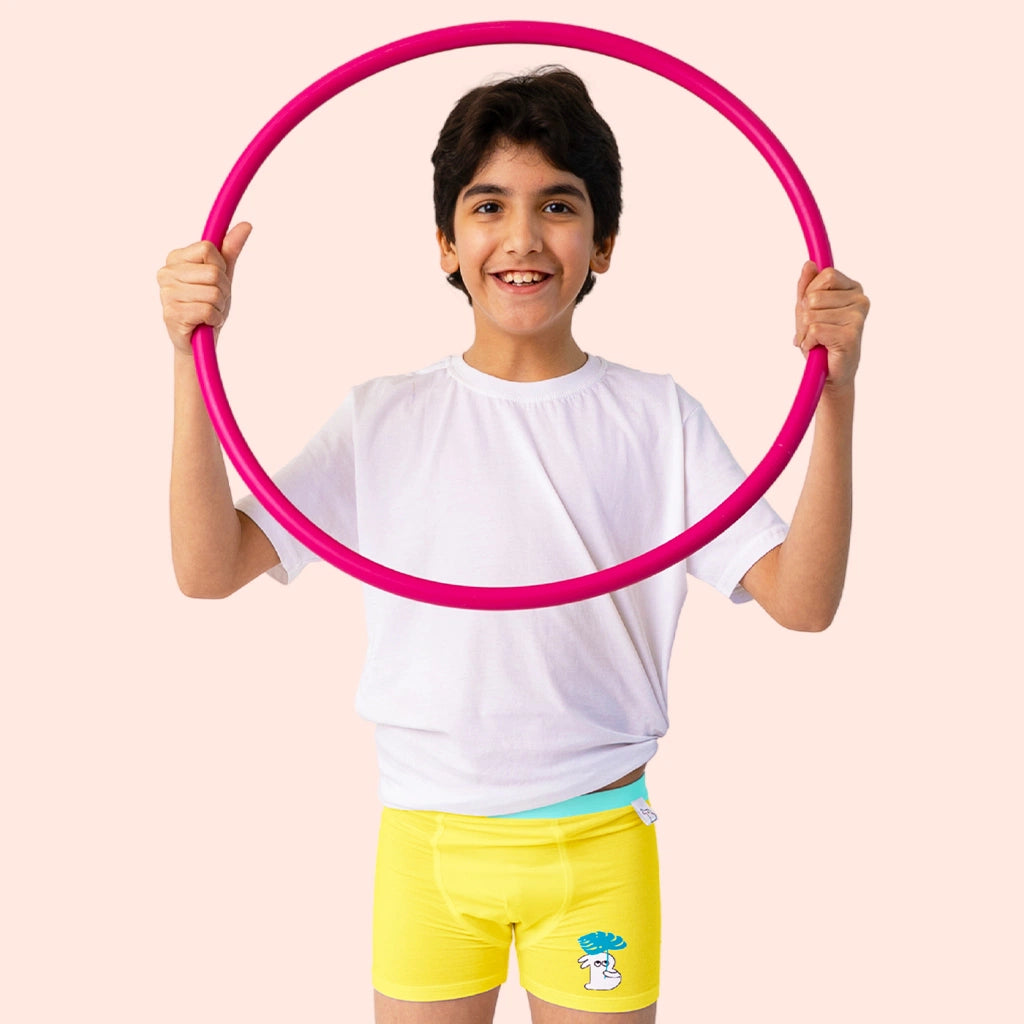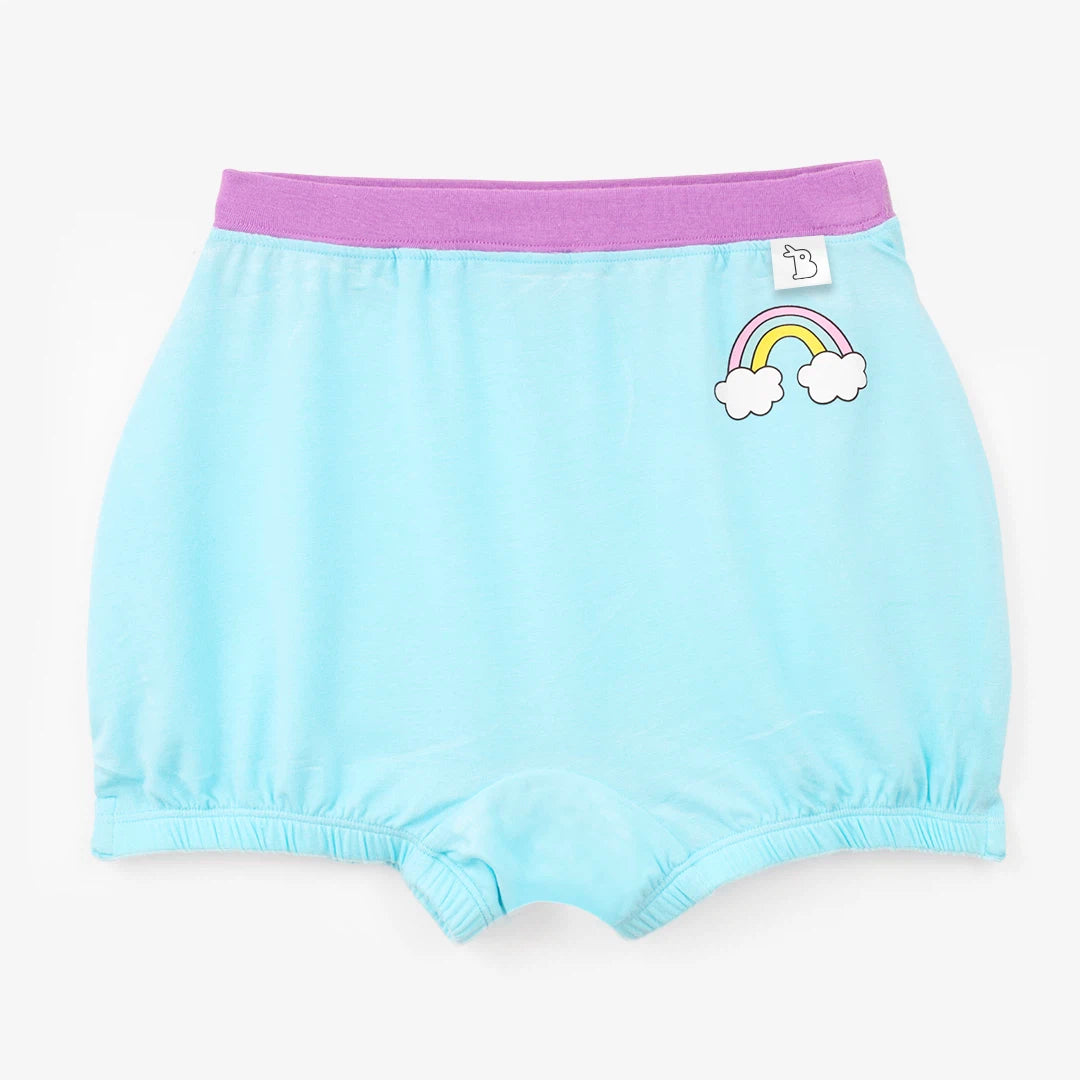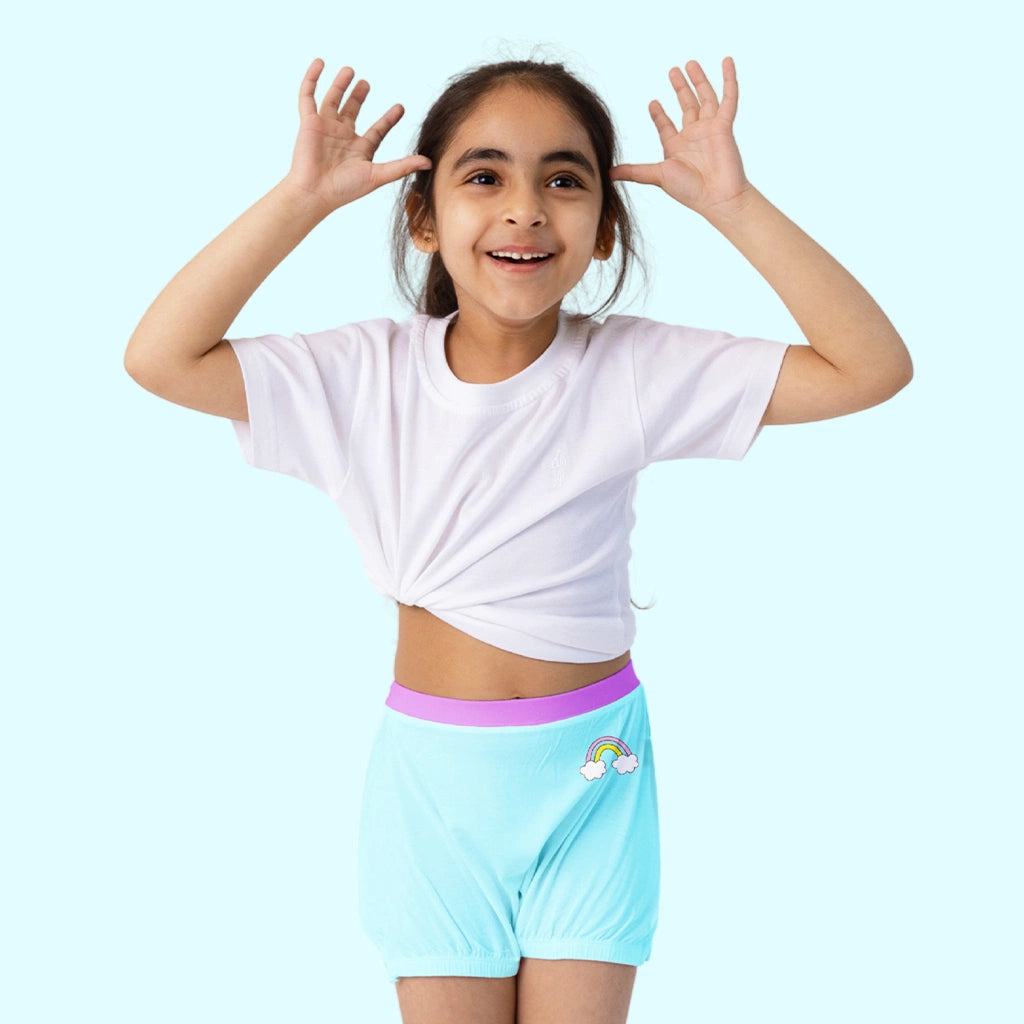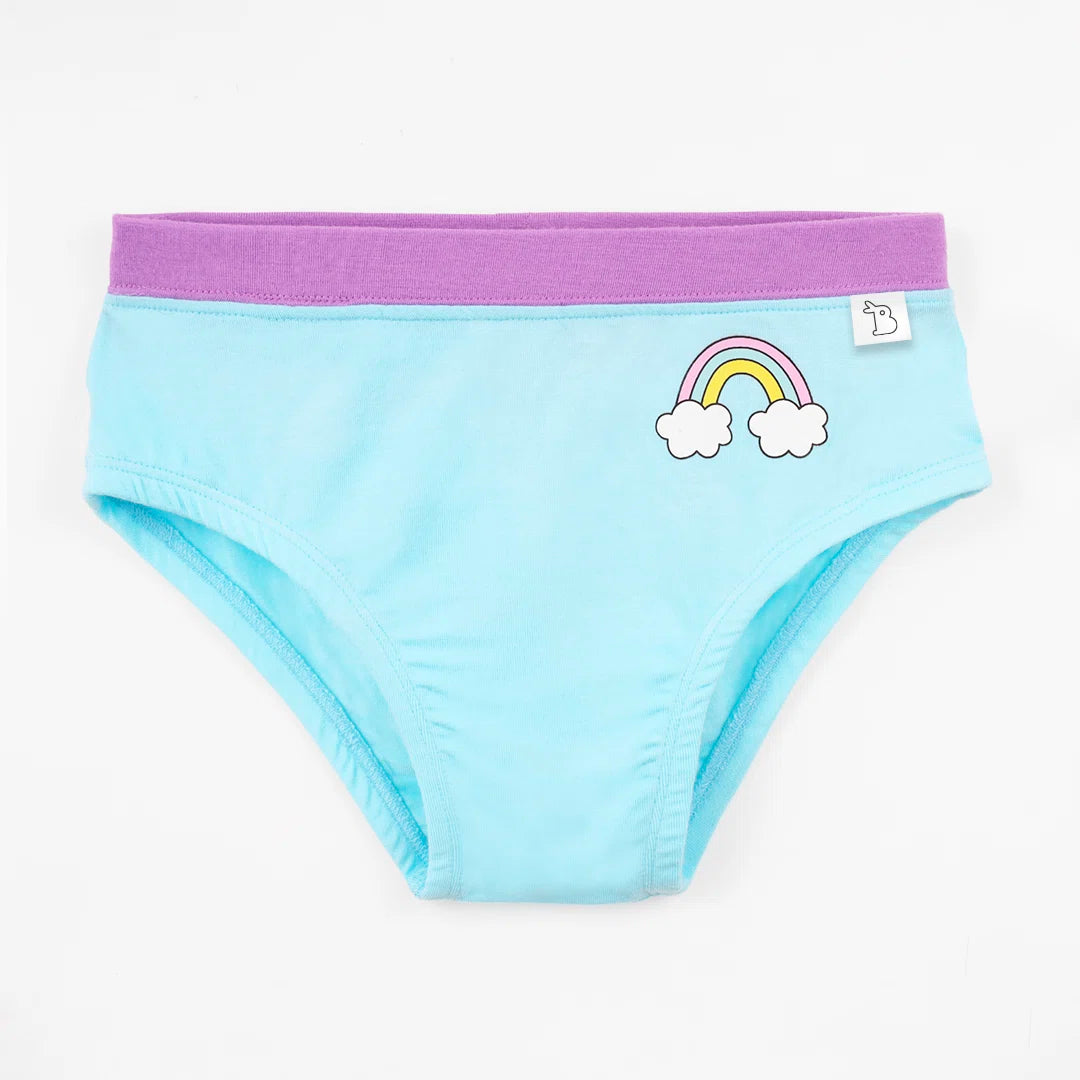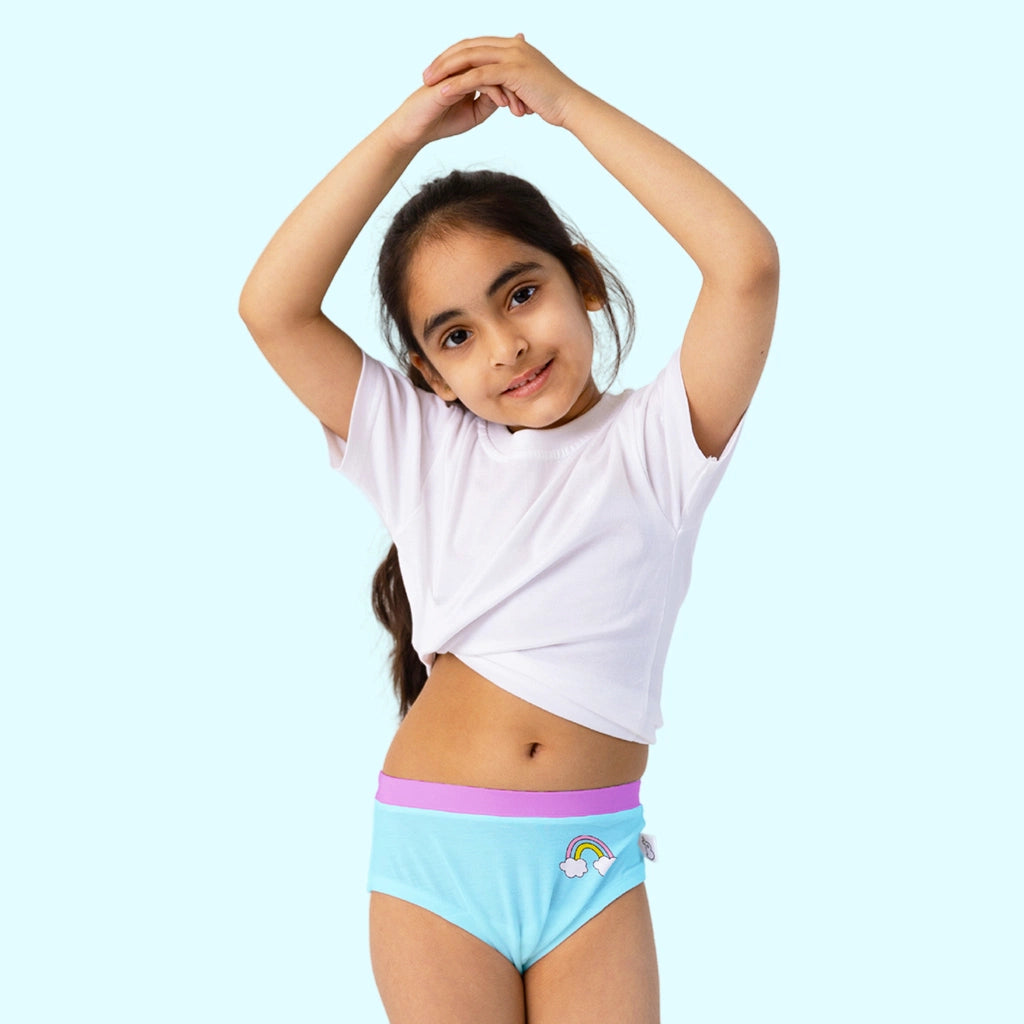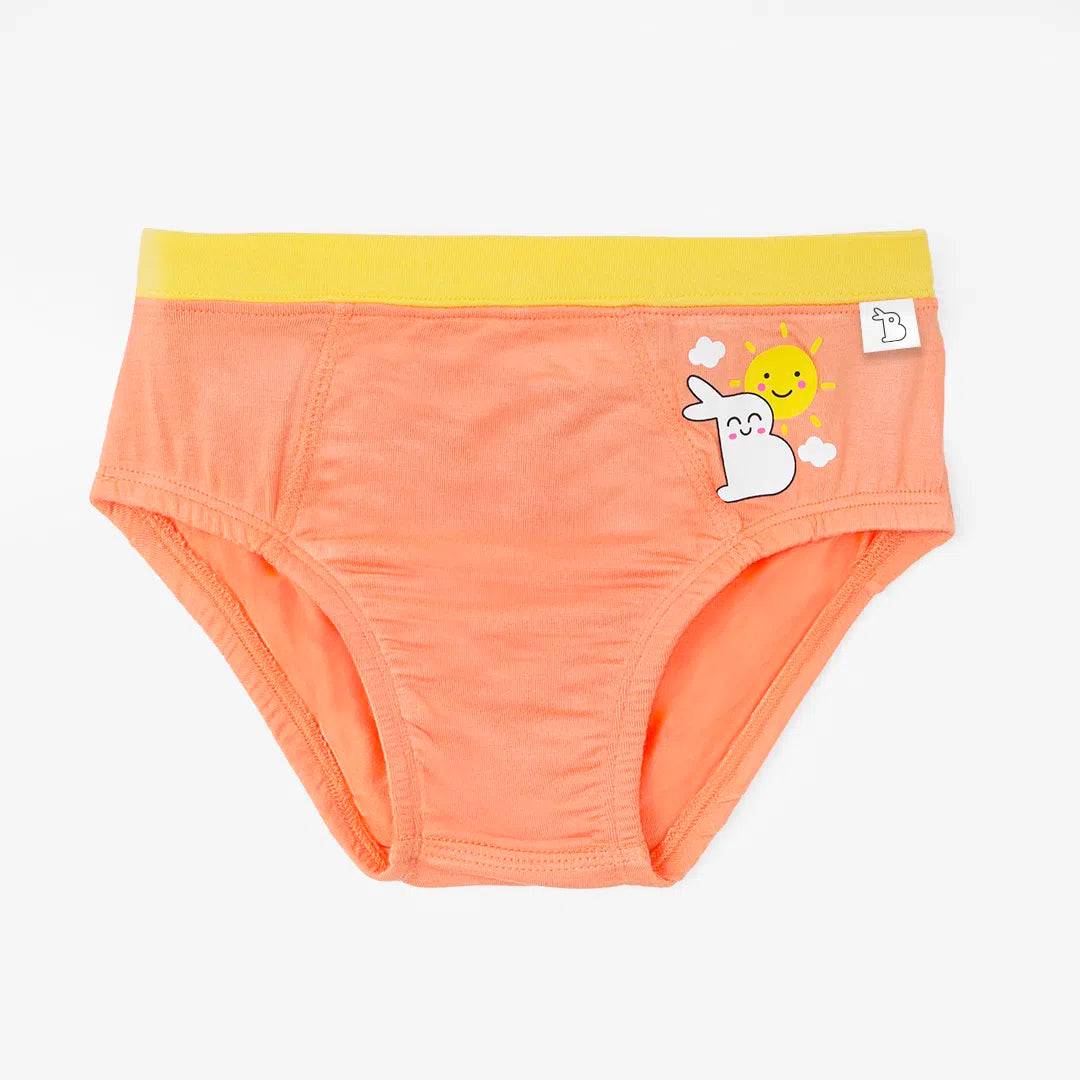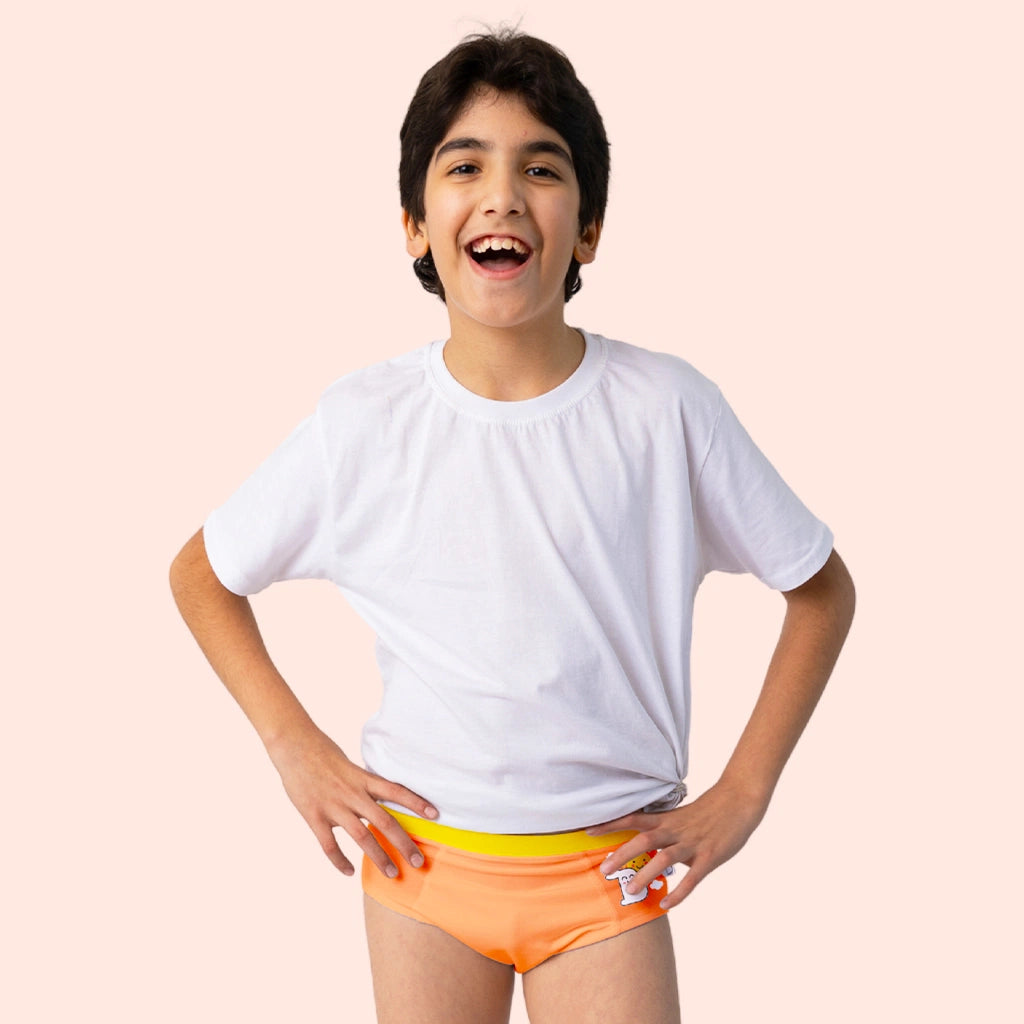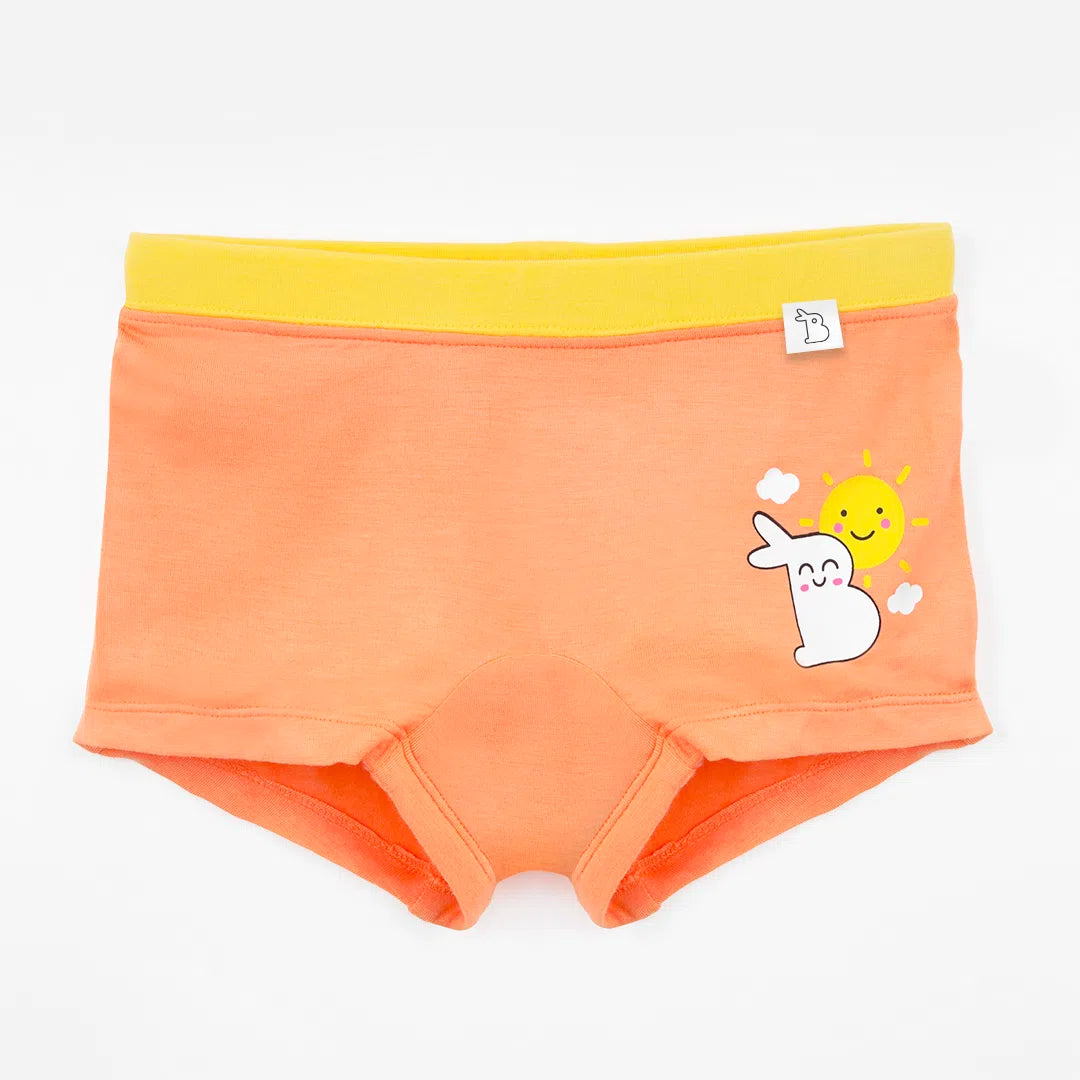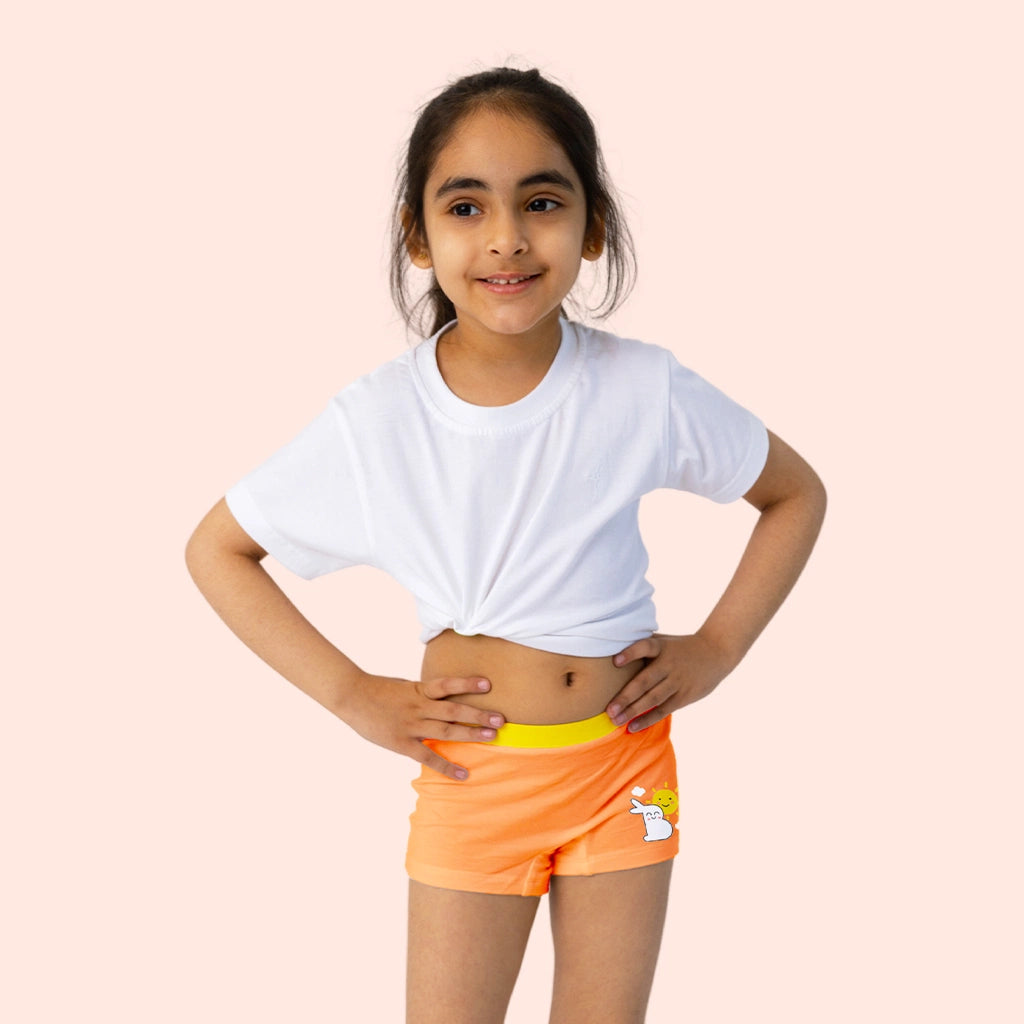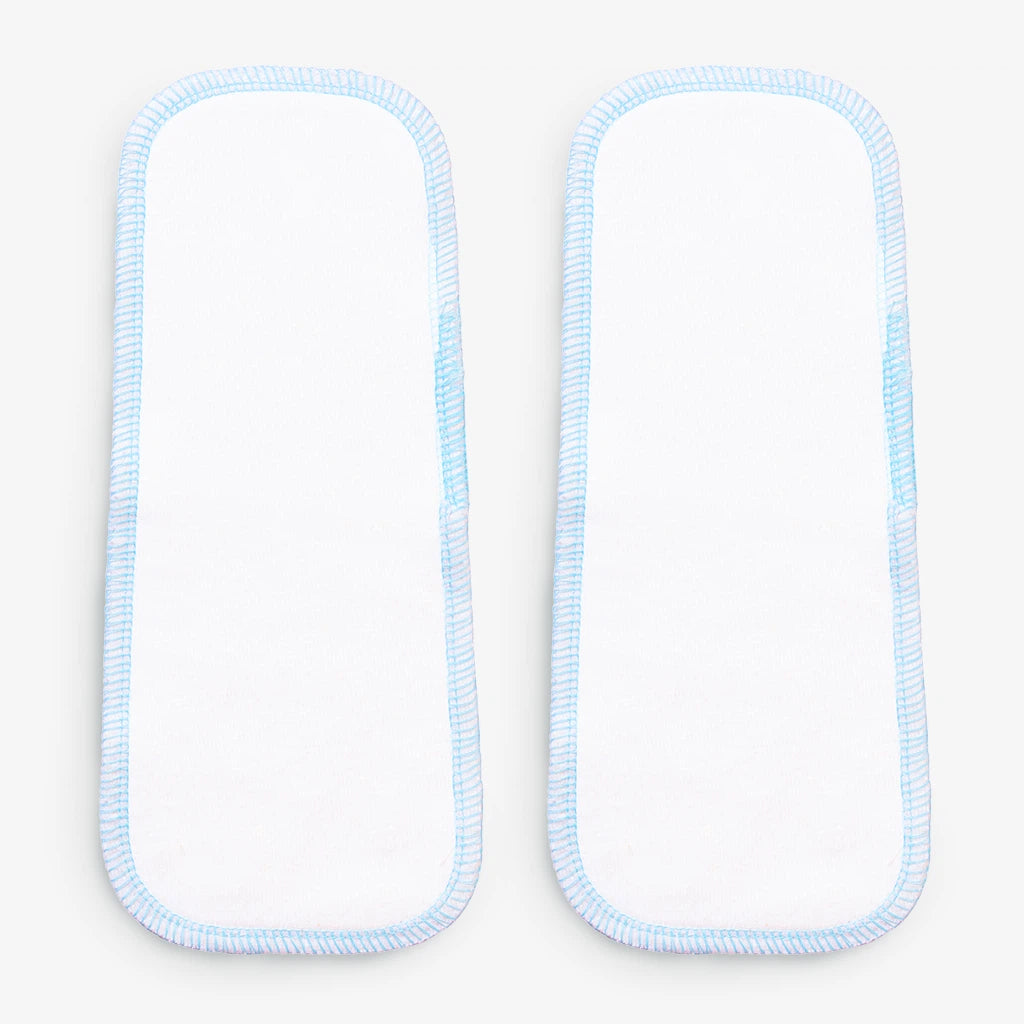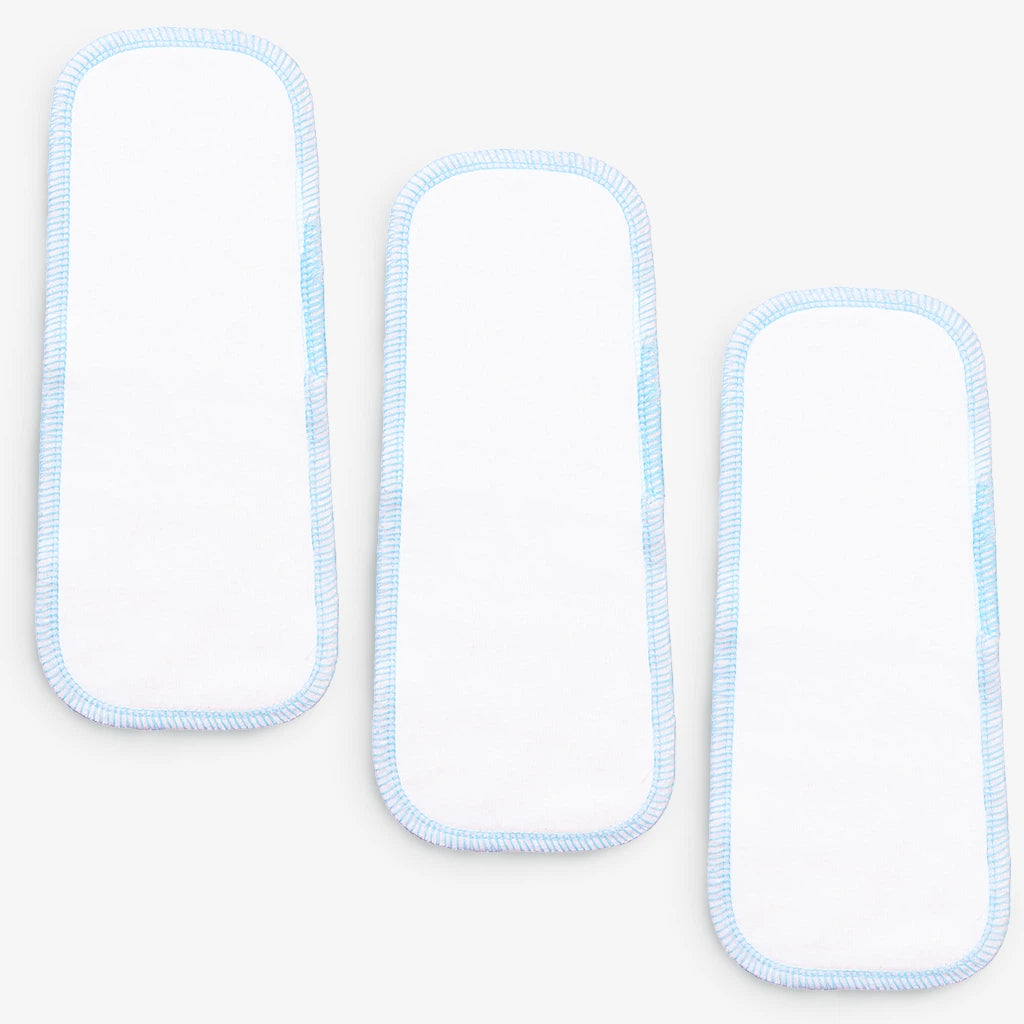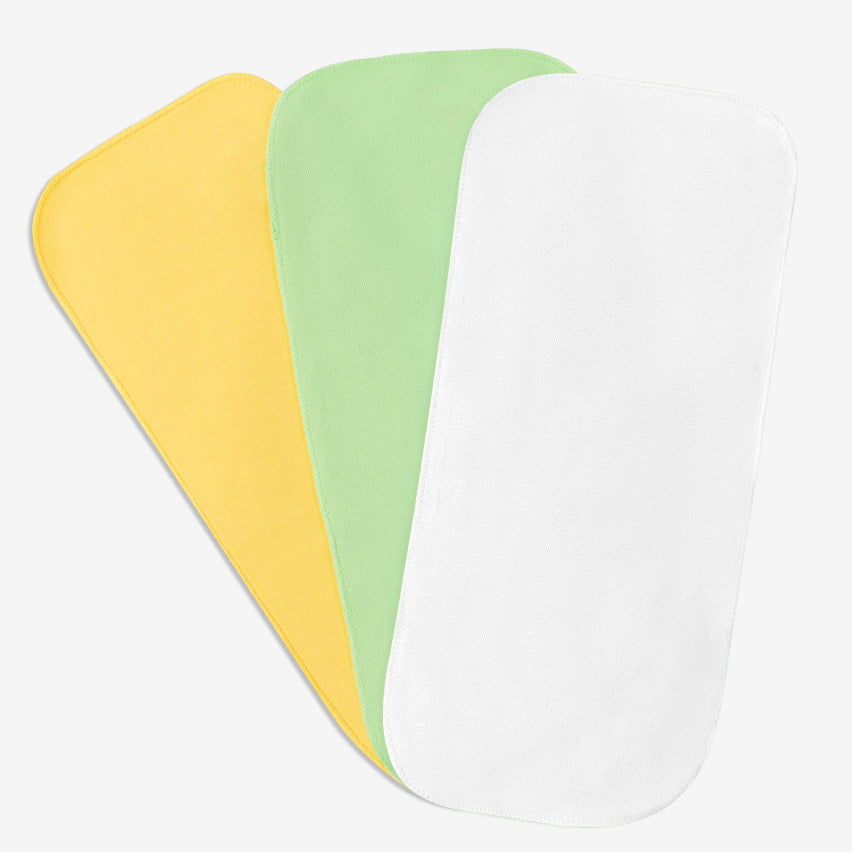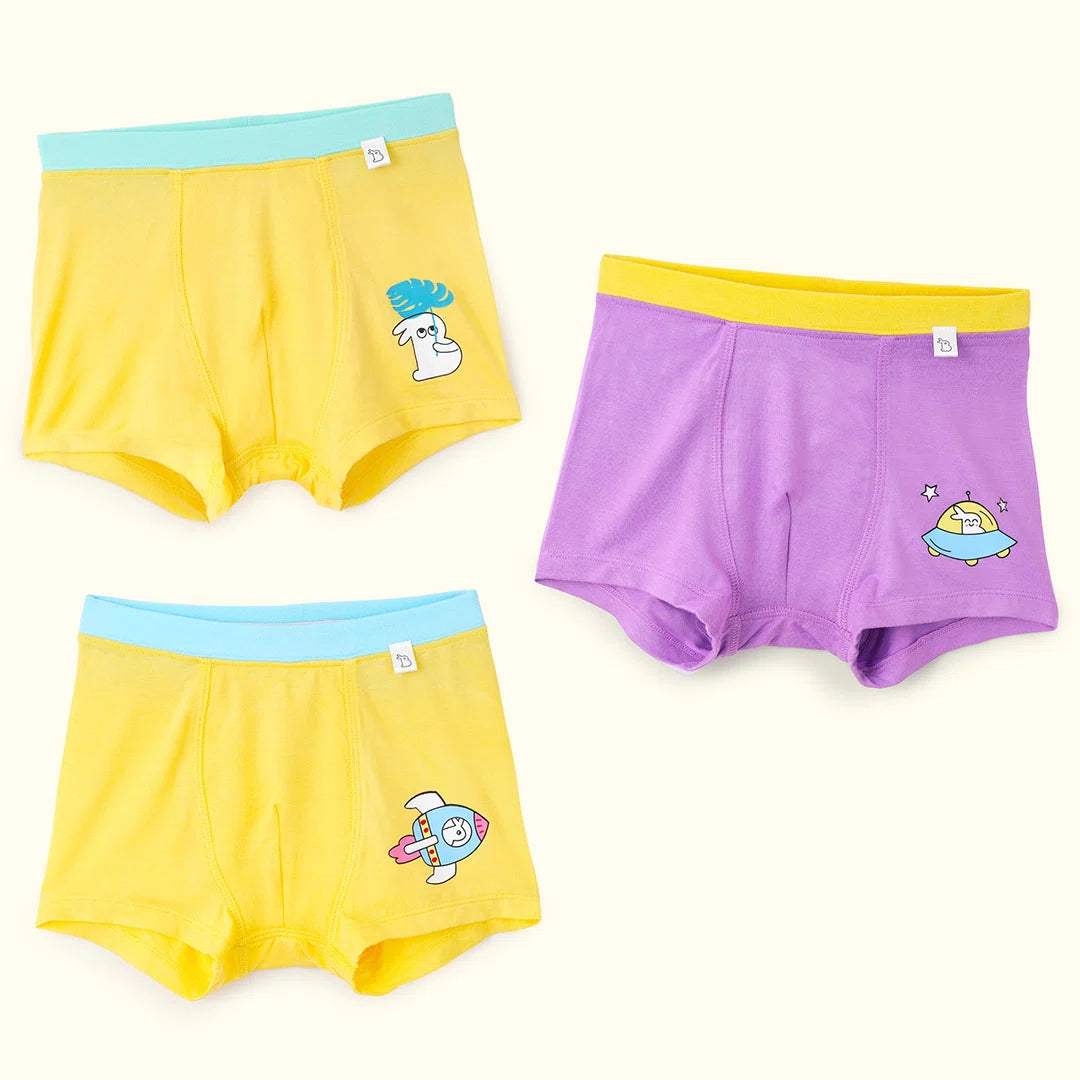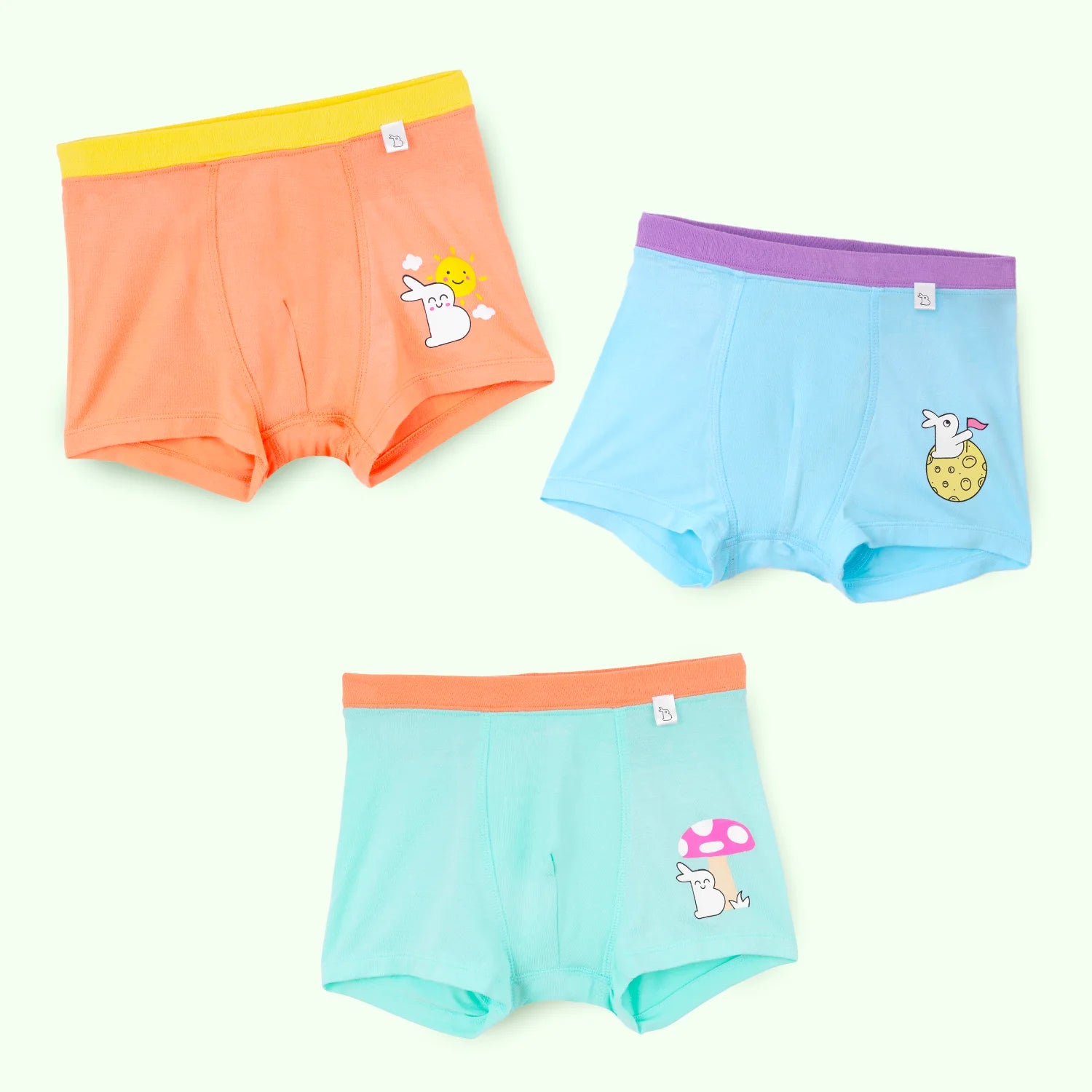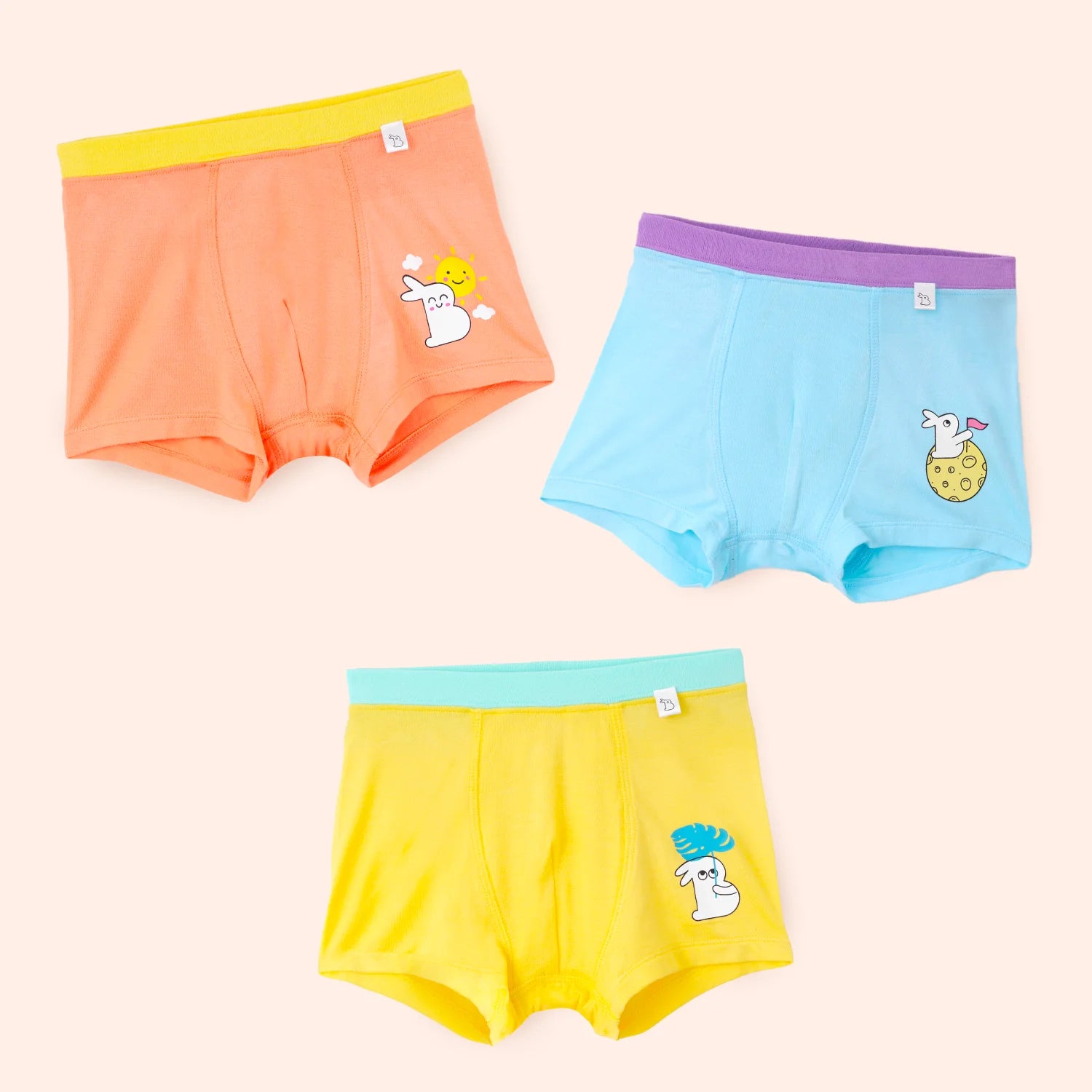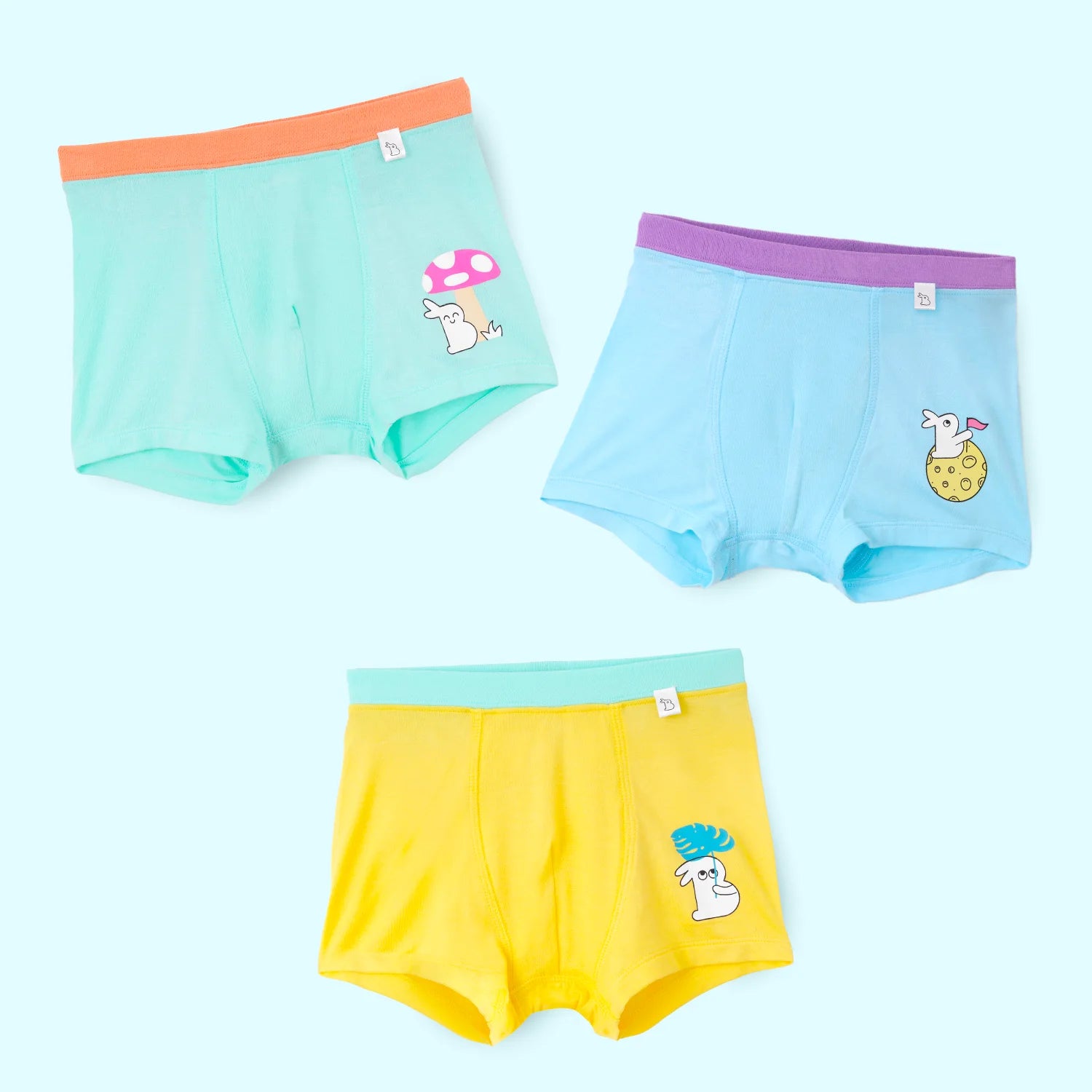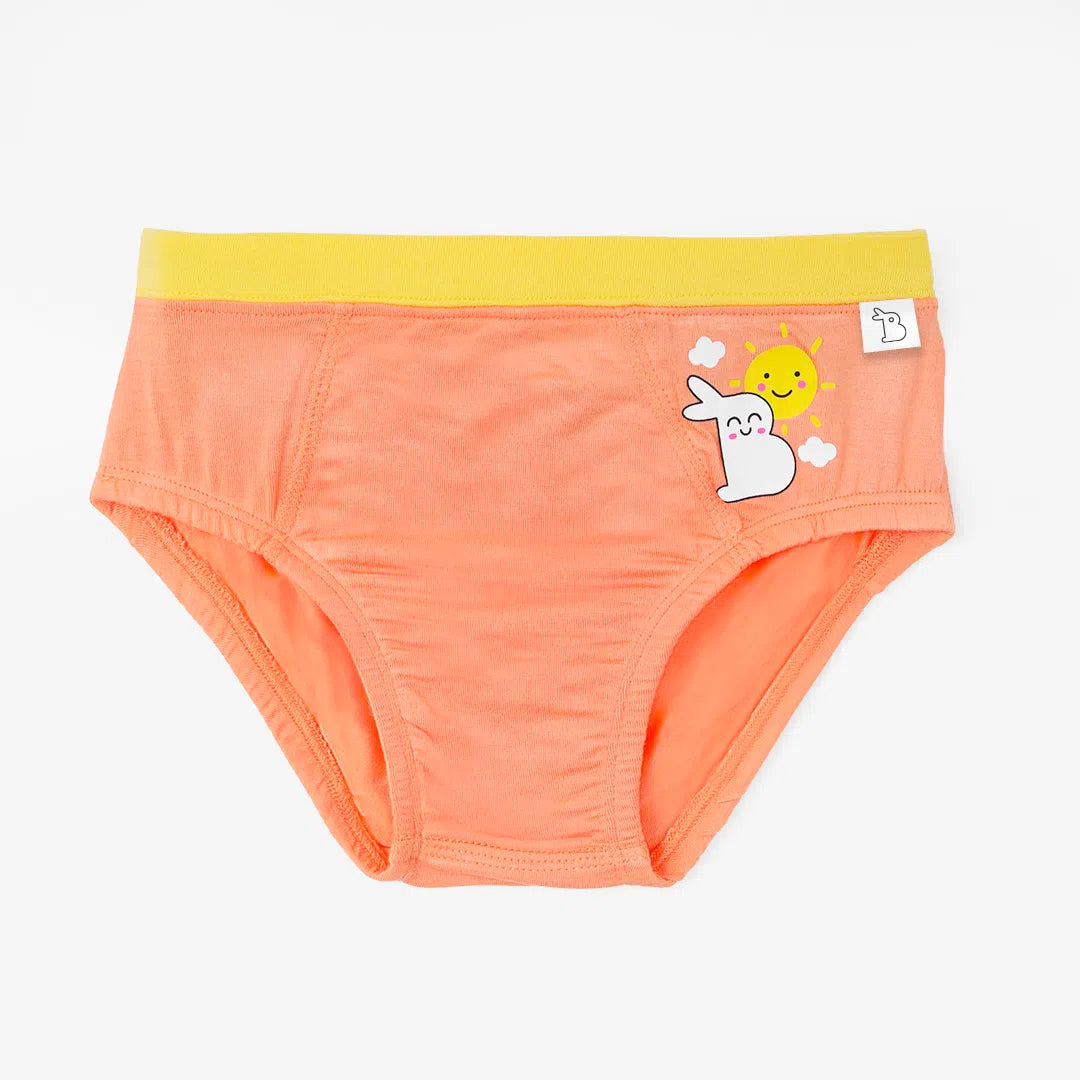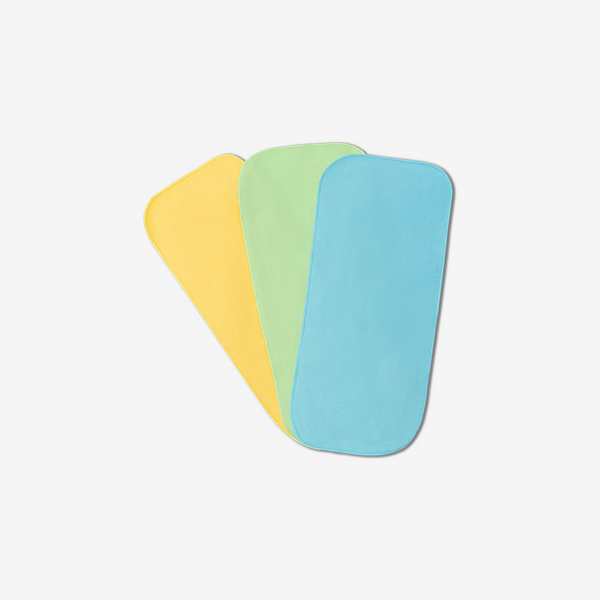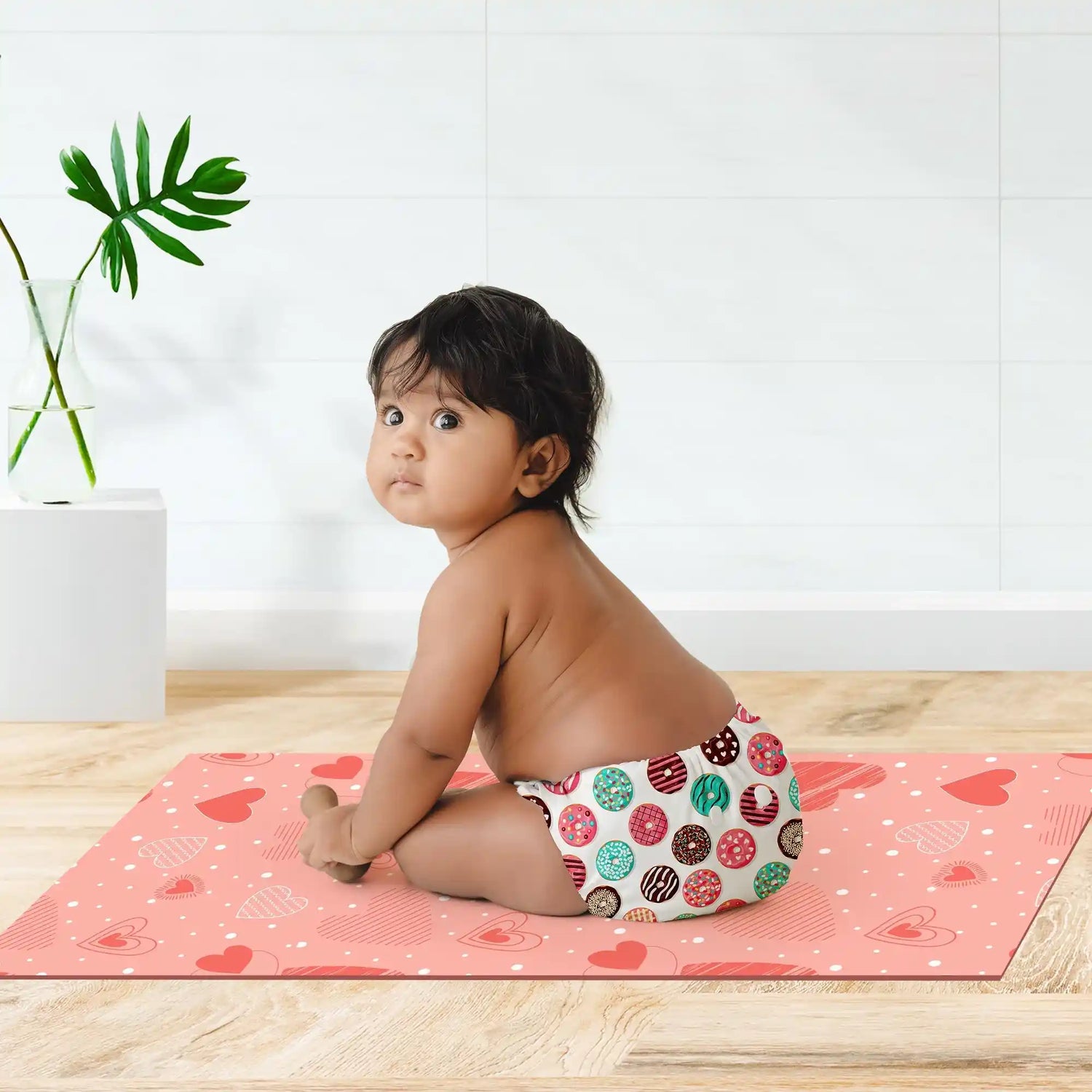- Introduction
- Why the Shift Towards Cloth Diapers?
- Skin Health Benefits
- Cloth Diaper vs Disposable: A Closer Look
- Cloth Diapers or Disposable Diapers: What Experts Say
- Environmental Impact
- Are Cloth Diapers Better Than Disposable Diapers?
- SuperBottoms: Leading the Cloth Diaper Revolution
- Cloth vs Disposable Diapers: Pros and Cons: Final Verdict
- Key Takeaways
- FAQs
- Message for SuperBottoms
Choosing between cloth diapers and disposables is one of parents' earliest and most important decisions. While disposable diapers have long been the norm, an increasing number of paediatricians and experts are now recommending cloth diapers for babies due to their numerous health, environmental, and economic benefits. This article explores the growing preference for newborn diapers made of cloth, supported by insights from paediatricians and scientific studies.
Why the Shift Towards Cloth Diapers?
Many paediatricians now recommend cloth diapers due to their gentleness on a baby's sensitive skin and the reduced risk of diaper rash. Unlike disposable diapers, which often contain fragrances, dyes, and chemicals like dioxins and sodium polyacrylate, cloth options are made from natural, breathable fabrics like cotton and modal. In addition, cloth diapers are reusable, environmentally friendly, and cost-effective in the long run.
Skin Health Benefits
-
Fewer chemicals: Baby cloth diapers are free from harmful chemicals that can irritate your baby's skin.
-
Breathability: The fabrics used allow better air circulation, reducing the likelihood of rashes and infections.
-
Gentle touch: Soft natural fibres suit newborns’ sensitive skin.
According to a study published in Paediatrics International, babies who used cloth diapers showed a 30% lower incidence of diaper rash compared to those who used disposables.
Cloth Diaper vs Disposable: A Closer Look
When it comes to choosing the right diapering option for your baby, understanding the debate between cloth diapers and disposables is essential. Each has its own set of advantages and limitations, and the best choice often depends on what you value most — your baby’s skin health, environmental impact, convenience, or cost-effectiveness.
Below is a simple side-by-side comparison of the cloth vs disposable diapers pros and cons, designed to help parents make an informed decision based on facts, expert opinions, and real-life practicality. Let’s break down the cloth vs disposable diapers pros and cons in a simple comparison:
|
Feature |
Cloth Diapers |
Disposable Diapers |
|
Skin-Friendly |
Yes (Natural fibres) |
May cause rashes (chemicals) |
|
Eco-Friendly |
Reusable, biodegradable options |
Single-use, high landfill waste |
|
Cost-Effective |
High upfront, low long-term cost |
Continuous expense |
|
Ease of Use |
Requires washing, slightly effortful |
Convenient, no washing needed |
|
Leak Protection |
Very good with modern designs |
Excellent in high-end options |
|
Chemical-Free |
Yes |
Often contains gels and perfumes |
|
Pediatrician Recommended |
Increasingly Yes |
Less preferred |
Cloth Diapers or Disposable Diapers: What Experts Say
Dr. Renu Malik, a paediatrician with over 15 years of experience, states, “Parents often overlook the long-term impact of chemicals in disposables. Cloth diapers are safer and more comfortable, especially for newborns.”
A study by the Real Diaper Association also shows that babies who use newborn baby diapers made of cloth are generally potty trained up to six months earlier than those who use disposables.
Environmental Impact
-
Massive Waste Problem: An average baby in India uses 2,500+ disposable diapers in the first year alone, contributing significantly to landfill waste.
-
Slow Decomposition: Disposable diapers take hundreds of years to decompose and often end up in mixed waste due to poor segregation systems.
-
Health & Hygiene Risk: In India, improper disposal can lead to water contamination and unhygienic urban conditions.
-
Sustainable Alternative: Cloth diapers, like SuperBottoms baby cloth diapers, are reusable up to 300 times and generate significantly less waste.
-
Eco-Friendly Materials: Made with natural, biodegradable fabrics, they are better for the baby and the environment.
-
Culturally Rooted: Cloth diapering aligns with traditional Indian practices, such as using langots — updated with modern designs for added convenience.
-
Greener Choice: Switching to cloth is a simple yet powerful way to reduce your family’s environmental footprint in India.
Are Cloth Diapers Better Than Disposable Diapers?
Let’s answer the commonly asked question: Is cloth diaper better than disposable diaper? From a pediatric health, environmental, and cost-saving standpoint, the answer is a strong yes. Paediatricians support them for their safety, and eco-conscious parents find the reduced waste to be a significant advantage.
SuperBottoms: Leading the Cloth Diaper Revolution
Brands like SuperBottoms have made it easier for parents to transition. With innovations like the UNO Cloth Diapers, these products now offer:
-
Dry Feel technology for long-lasting comfort
-
Adjustable sizing to fit from 3 months to 3 years
-
Azo-free dyes for safety
-
Stylish, skin-safe, breathable designs
SuperBottoms cloth diapers also come with matching and useful accessories, like diaper liners and wet bags, that make on-the-go diapering hassle-free.
Cloth vs Disposable Diapers Pros and Cons: Final Verdict
When comparing cloth or disposable diapers, cloth wins for long-term savings, reduced environmental impact, and better skin health. Disposables may offer short-term convenience, but the cost and environmental harm are significant.
|
Limited Time Offers + Special Gift Sets! Now or never Super SALE is live on the SuperBottoms website! Take advantage of unbeatable value deals on our UNO Cloth Diapers, Baby Essentials, and more. Looking for the perfect present for a newborn or a toddler? Explore our thoughtfully curated Gift Sets & Combos — safe, skin-friendly, and oh-so-cute! A bundle of love for little ones and a delight for parents. HURRY — Deals and Gift Packs are live only till stocks last. Don’t miss the chance to stock up and share the joy! |
Key Takeaways
-
Cloth diapers are paediatrician-recommended for their skin-friendly and chemical-free qualities.
-
Baby cloth diapers are a more sustainable, economical option than disposables.
-
Choosing newborn diapers made of cloth supports your baby's health and the planet.
Frequently Asked Questions (FAQS)
Q1. Are cloth diapers really better for my baby?
Yes, they are chemical-free and breathable, making them gentle on your baby’s sensitive skin.
Q2. What are the main differences in cloth diaper vs disposable?
Cloth diapers are reusable, eco-friendly, and chemical-free; disposables are convenient but contain chemicals and contribute to landfill waste.
Q3. Do paediatricians recommend cloth diapers?
Yes, many paediatricians now recommend cloth over disposables due to reduced rashes and safer materials.
Q4. How do I start using cloth diapers?
Start with a beginner-friendly set like SuperBottoms UNO. Wash them before use and follow the brand’s sizing and care instructions.
Message from SuperBottoms
Hi there, new parents! SuperBottoms brings you doctor-recommended cloth diapers — the best rash-free diapering solution for your baby’s sensitive and delicate skin. Unlike disposable diapers loaded with chemicals, our newborn cloth diapers, when used and washed properly, can help eliminate the risk of diaper rashes. SuperBottoms offers a wide range of safe, skin-friendly essentials for the whole family — including Reusable Cloth Diapers, Diaper Pants, DryFeel langots for diaper-free time, Padded Underwear for potty training, SuperSoft Underwear for everyday comfort, Joggers for playful days, and Period Underwear for women. Not just for everyday use, SuperBottoms products also make the best gifting choice for babies — thoughtful, eco-friendly, practical, and loved by parents. Now available on Amazon, Myntra, Flipkart, FirstCry, Zepto, Swiggy and Blinkit






























